1. What is Natural Law School?
Definition: A philosophical framework asserting that universal principles govern human conduct.
Core Belief: These principles are inherent in nature, reason, or divine sources and guide the creation of laws.
Connection to Morality: Laws must align with moral principles; actions deemed morally wrong should be unlawful.
Historical Role: Influenced legal thought, integrating morality into law and shaping legal systems.
- Universal Application: Natural laws apply to all human beings, transcending cultural and societal boundaries.
- Moral Foundation: Based on concepts like divine law, natural rights, and inherent justice.
- Reason as Key: Humans, as rational beings, are expected to discern and adhere to these principles through reason.
Interdependence: Natural law links morality and legal systems, advocating that laws mirror moral standards.
Legal Framework: Morality provides the basis for lawmaking, ensuring laws are just and rational.
- God: Many proponents attribute the ultimate source of natural law to divine will.
- Nature: Observing the natural order provides insights into what is just and right.
- Reason: Human intellect is essential for understanding and applying natural law principles.
- Ancient Theories: Originating from thinkers like Socrates and Aristotle, focusing on reason and natural justice.
- Medieval Theories: Catholic philosophers like Augustine and Aquinas integrated divine and natural law.
- Renaissance Theories: Emphasized social contracts to escape chaos and establish order.
- Modern Theories: Addressed societal changes, challenging and reviving natural law concepts.
6.1. Socrates:
Believed in innate moral insight helping individuals discern right from wrong.
6.2. Aristotle:
Viewed reason as the tool to discover natural justice, emphasizing the connection between rationality and law.
7.1. Augustine:
Linked natural law with Christian values, deriving it from religious texts.
7.2. Thomas Aquinas:
Proposed four types of law: Eternal Law, Natural Law, Human Law, and Divine Law. Asserted that unjust laws lack moral obligation.
8.1. Thomas Hobbes:
Advocated for absolute sovereignty to ensure order in chaotic states of nature.
8.2. John Locke:
Believed in a harmonious state of nature, emphasizing property rights and limited government.
8.3. Revival in the 20th Century:
Responded to positivism, emphasizing moral principles during wars and fascist regimes.
- Cultural Relativism: Concepts of morality and rationality differ across societies.
- Practical Challenges: Abstract moral principles are difficult to apply in specific legal contexts.
- Secularism: Reliance on divine sources is contested in modern, secular societies.
Conclusion: The Natural Law School underscores the interplay between morality and law, offering timeless insights into justice and human conduct. While it faces criticism, its principles remain foundational in ethical and legal discussions worldwide.
Share
Related Post
Tags
Archive
Popular & Recent Post






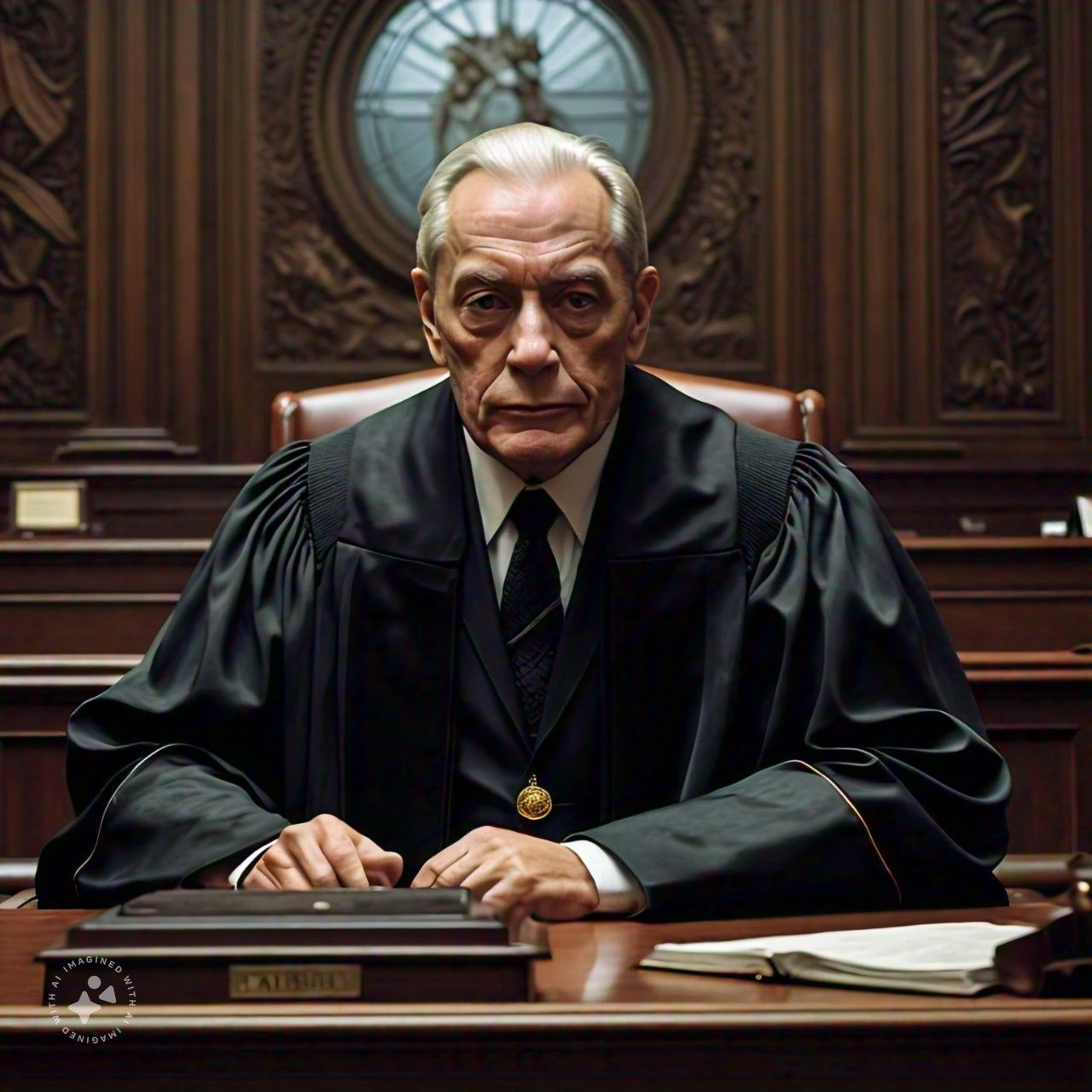
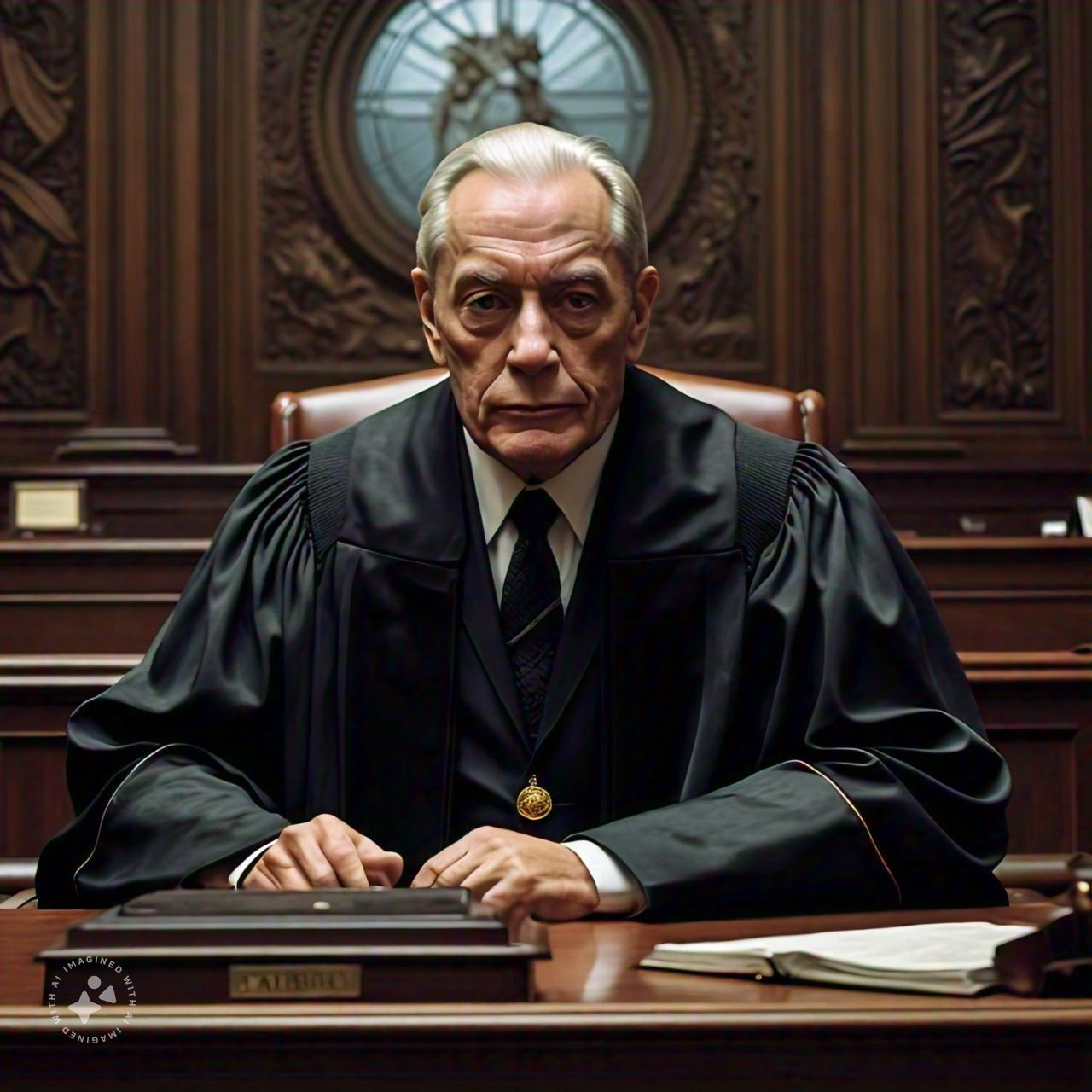
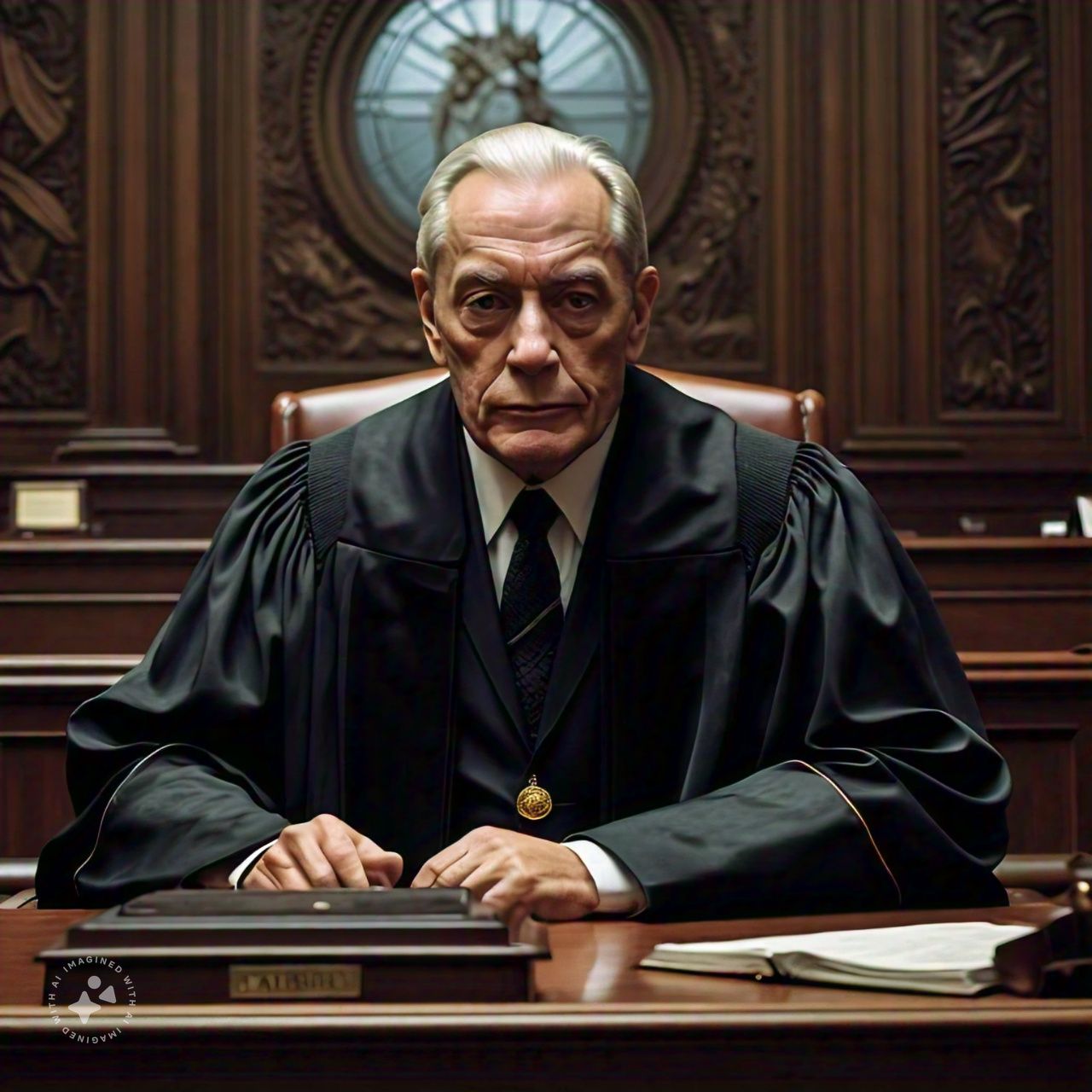
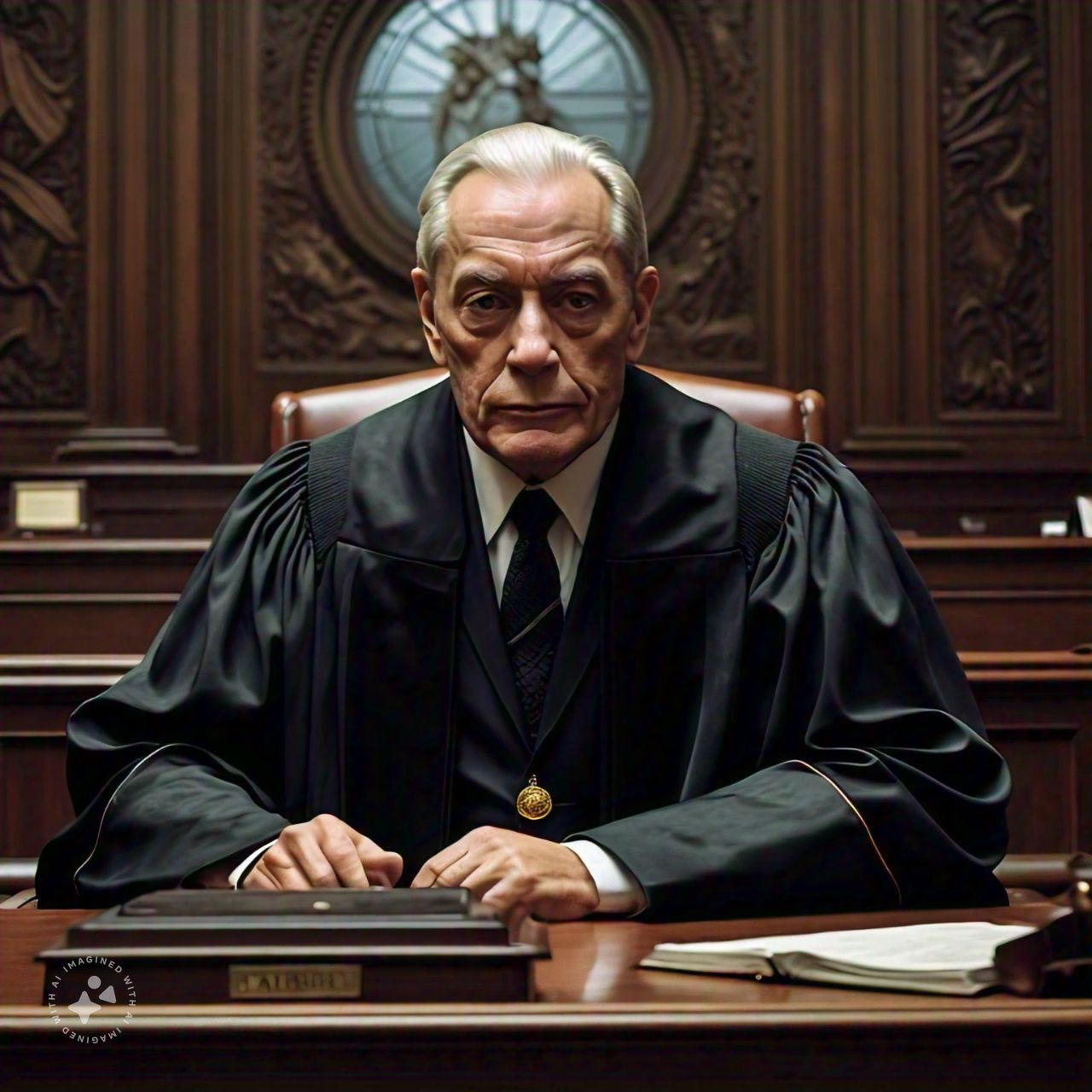
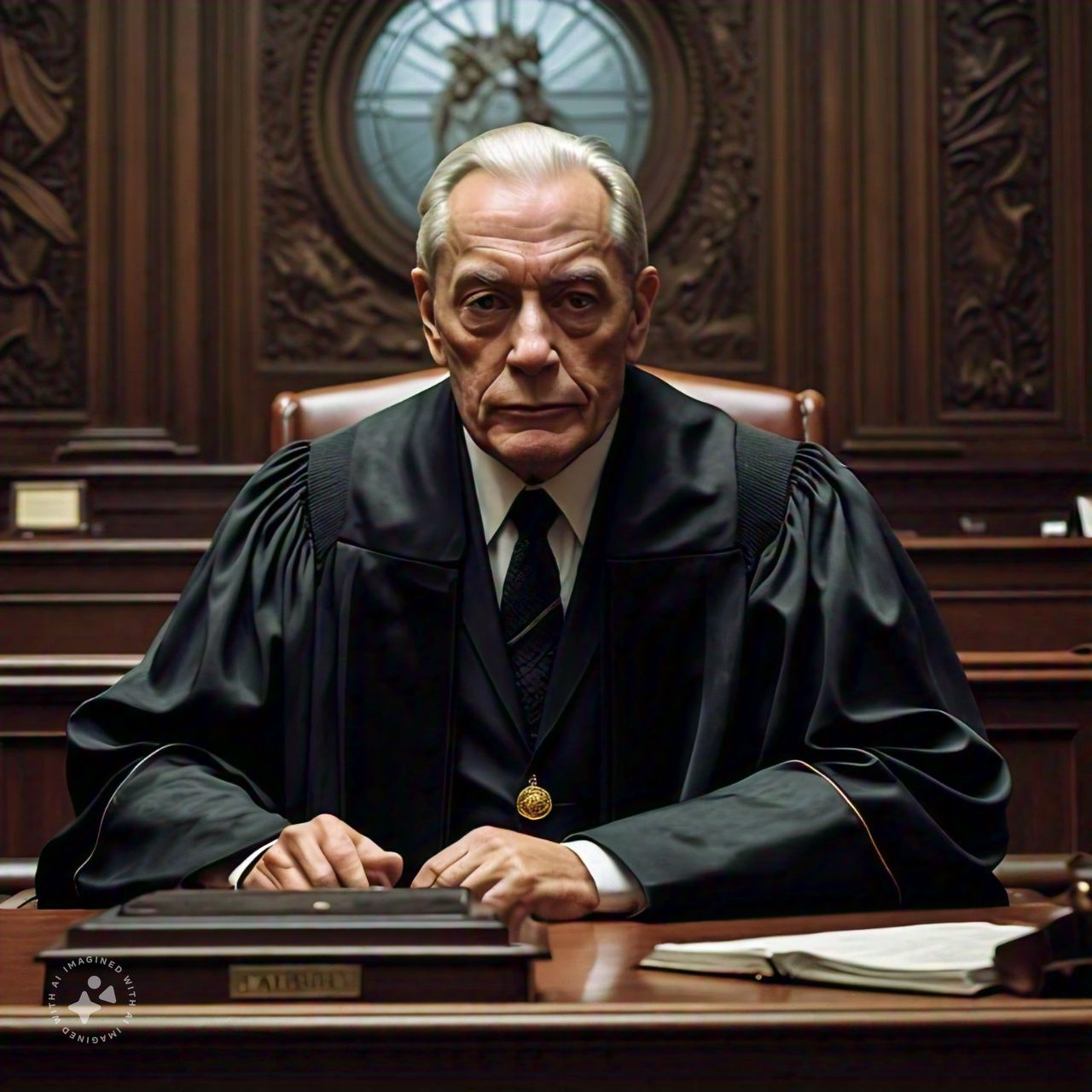
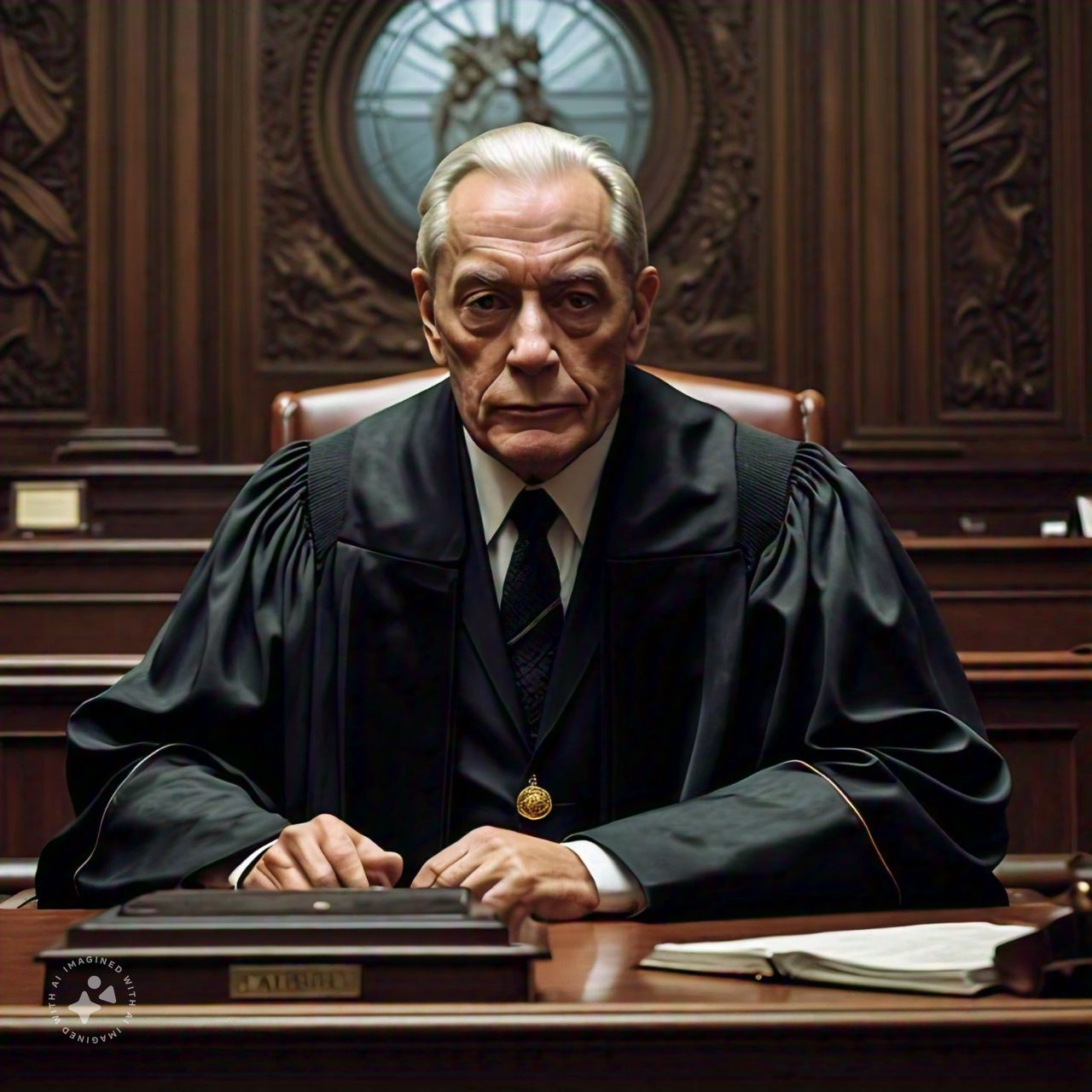
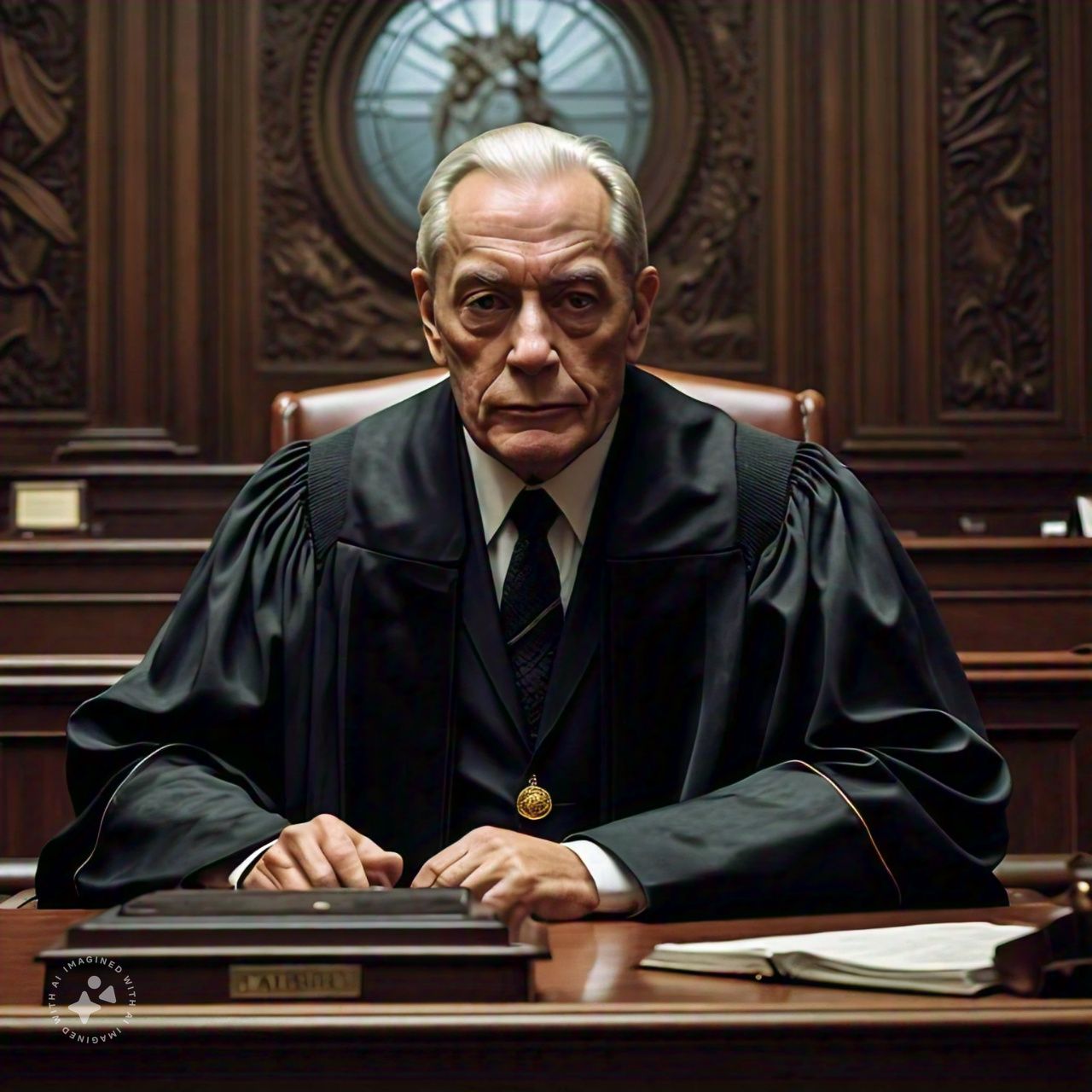
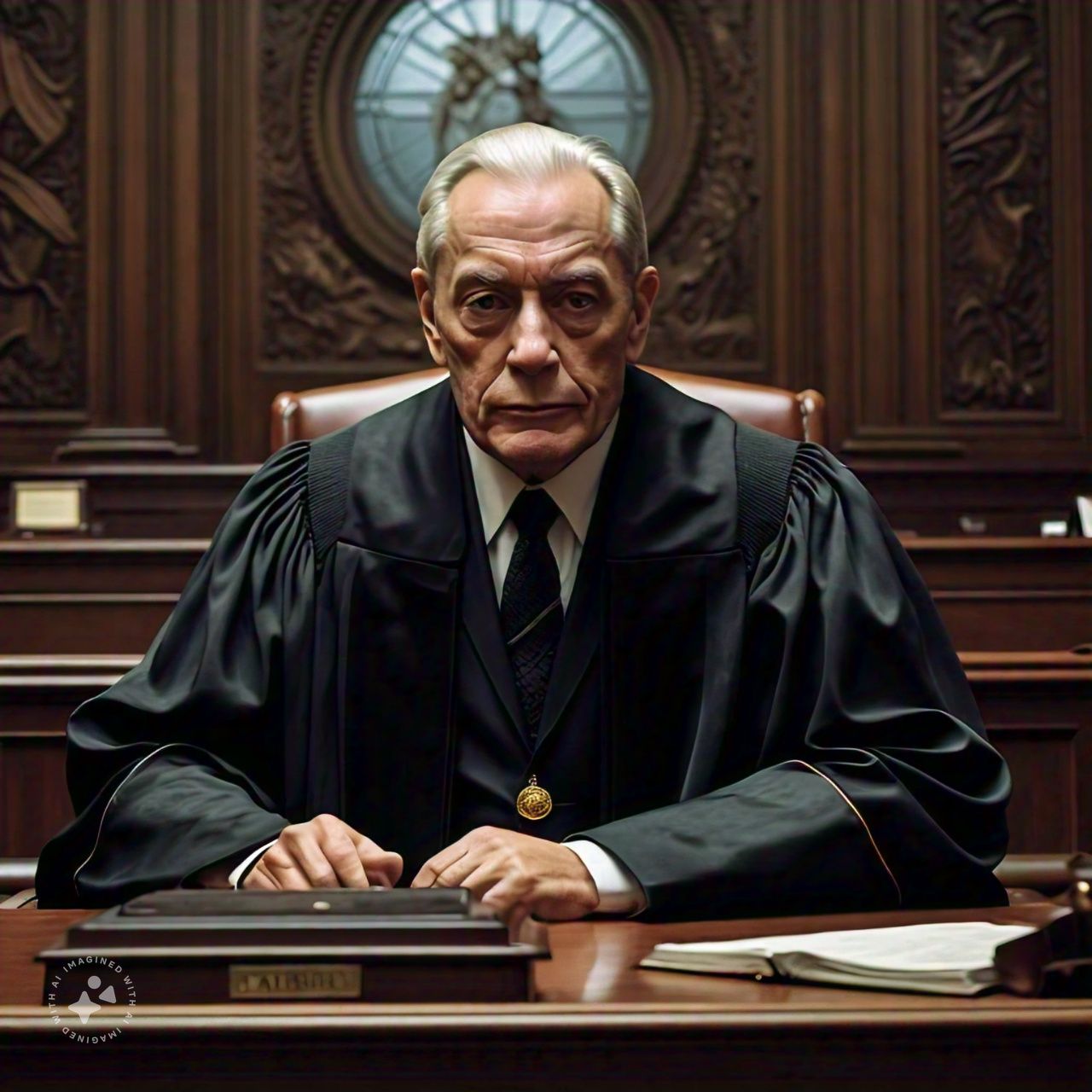
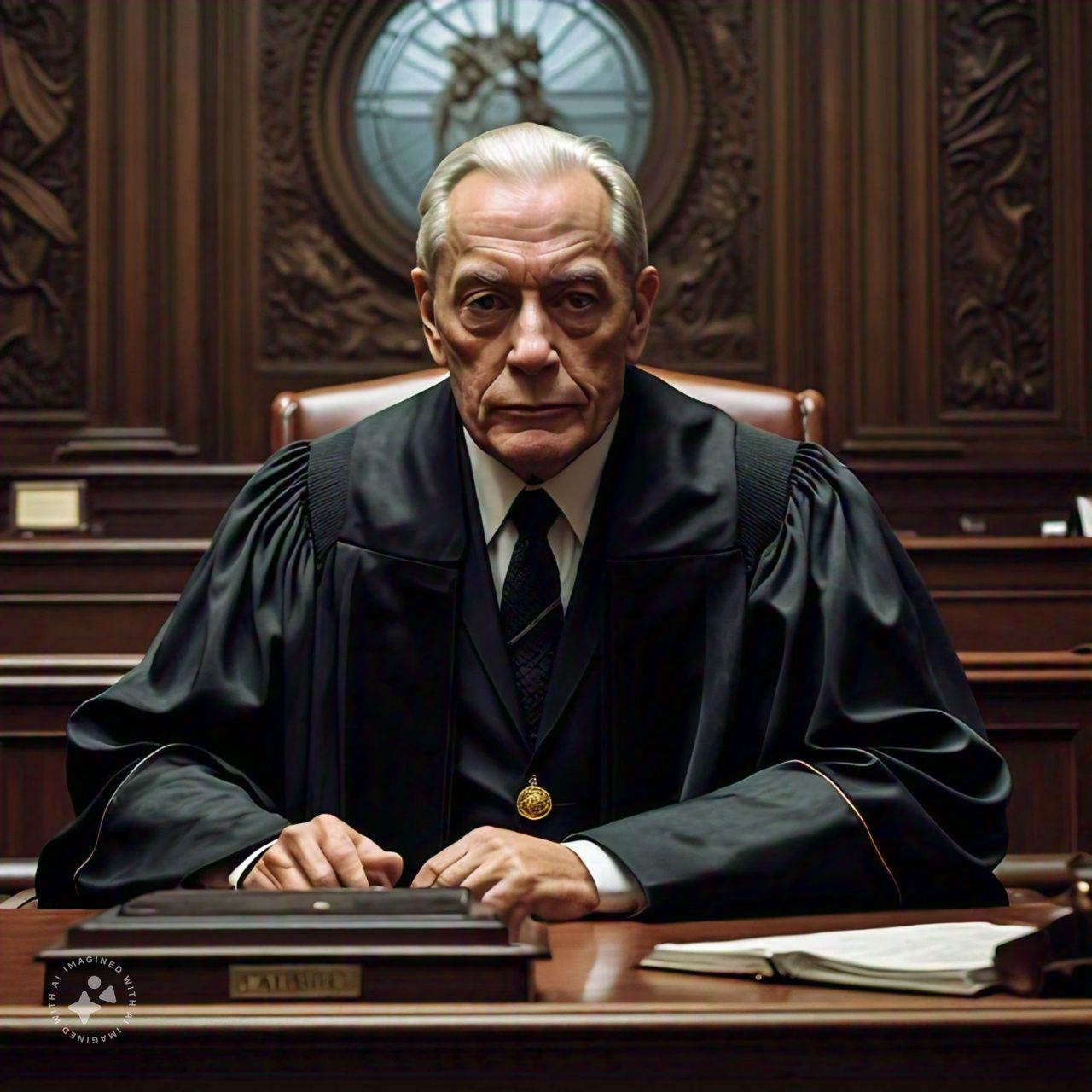
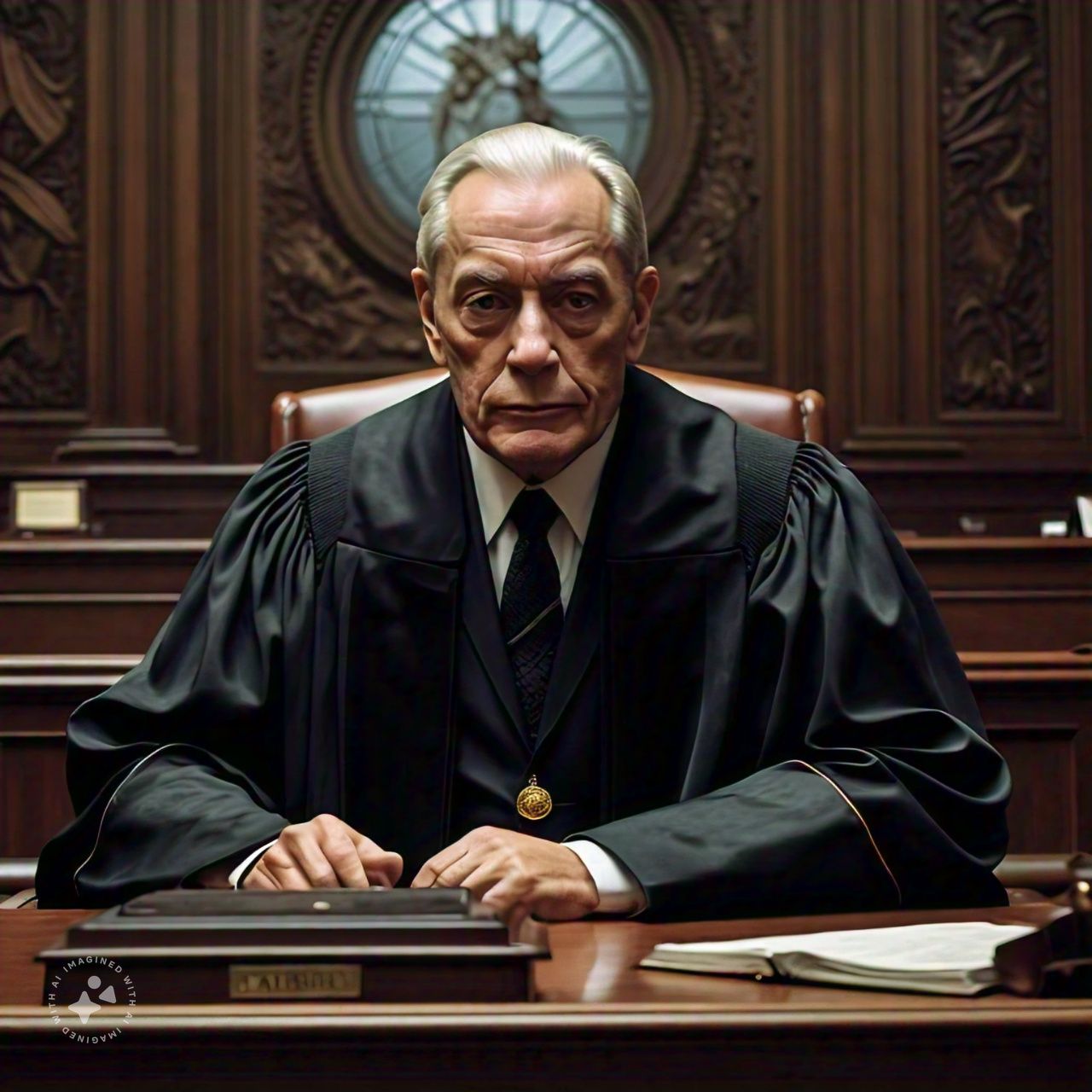
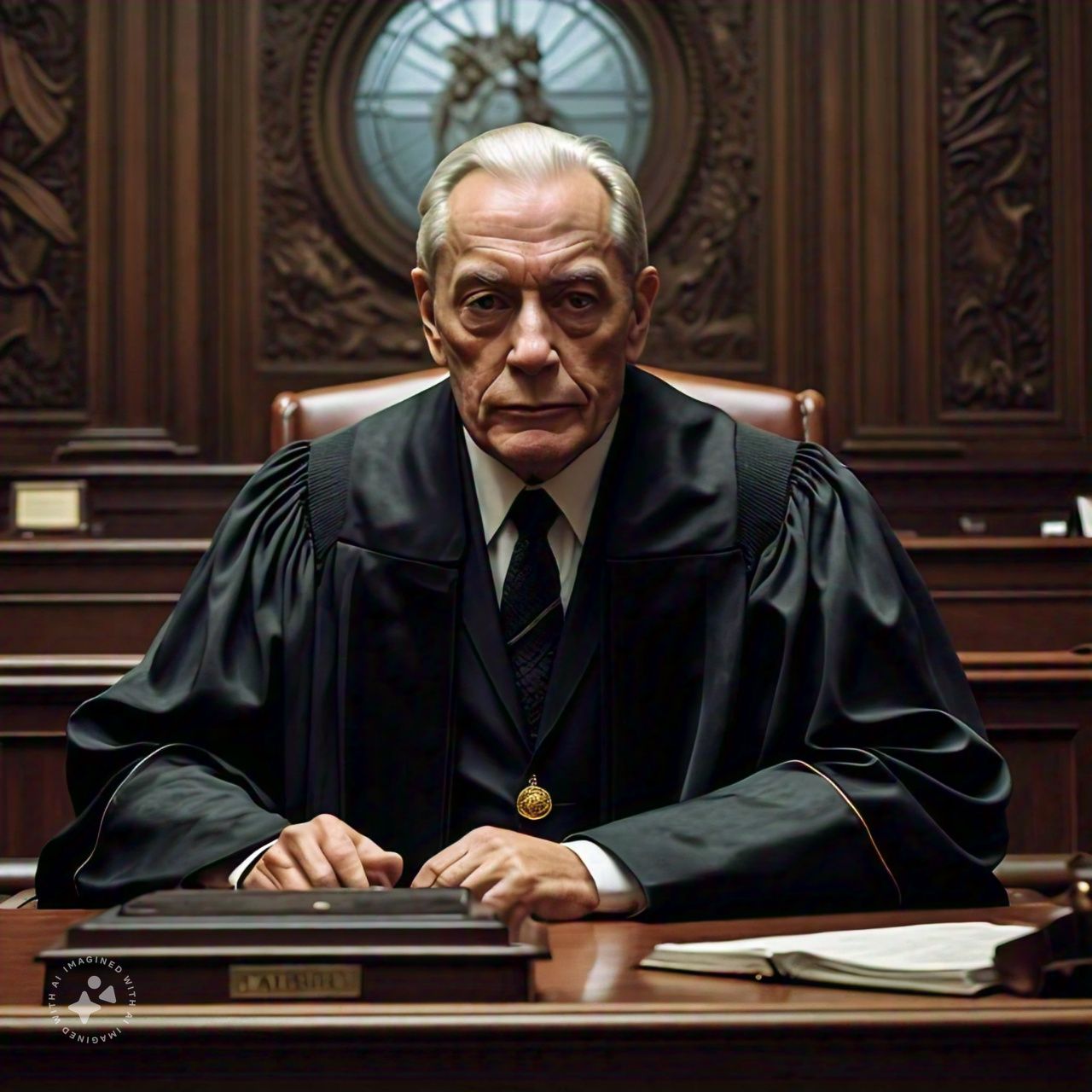
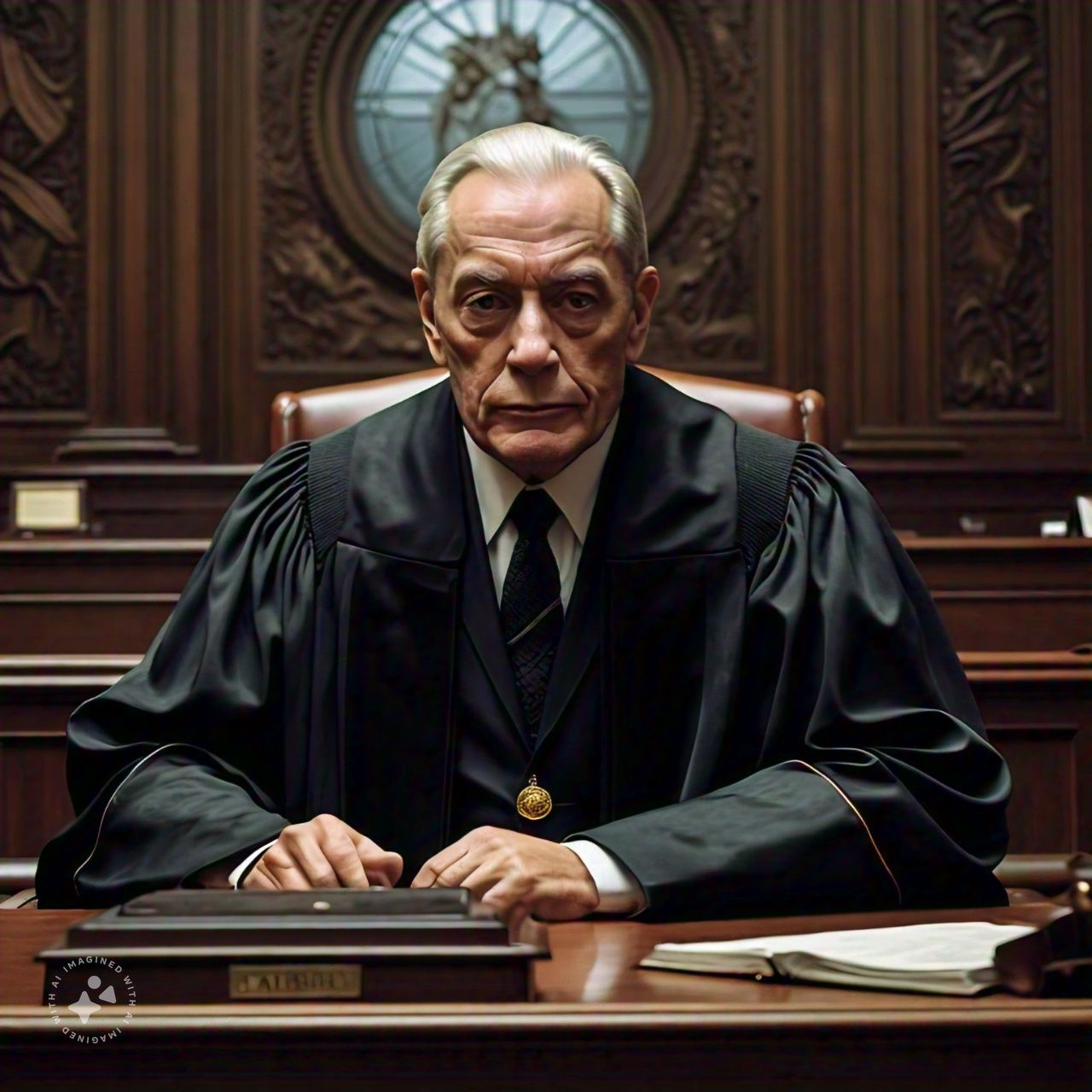
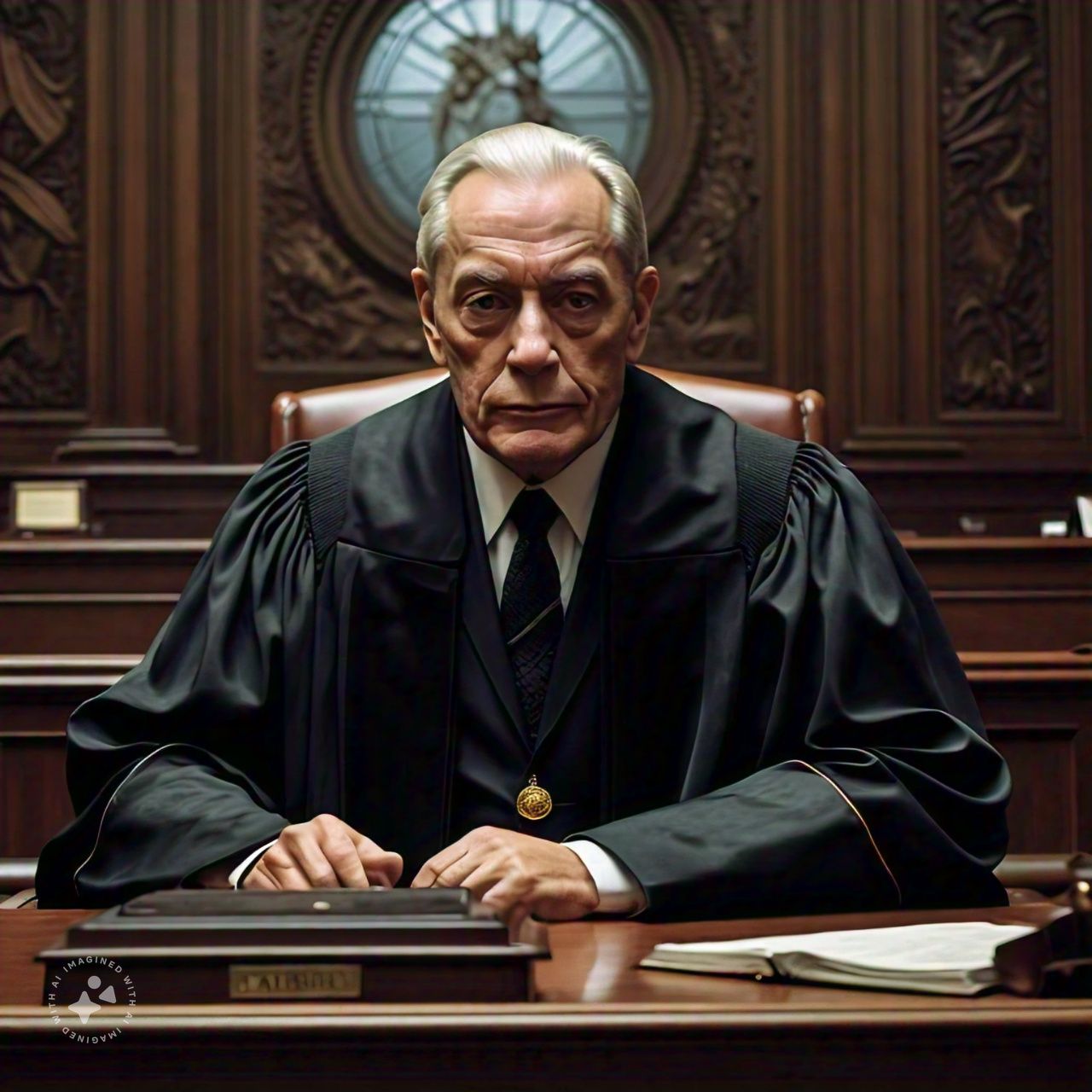
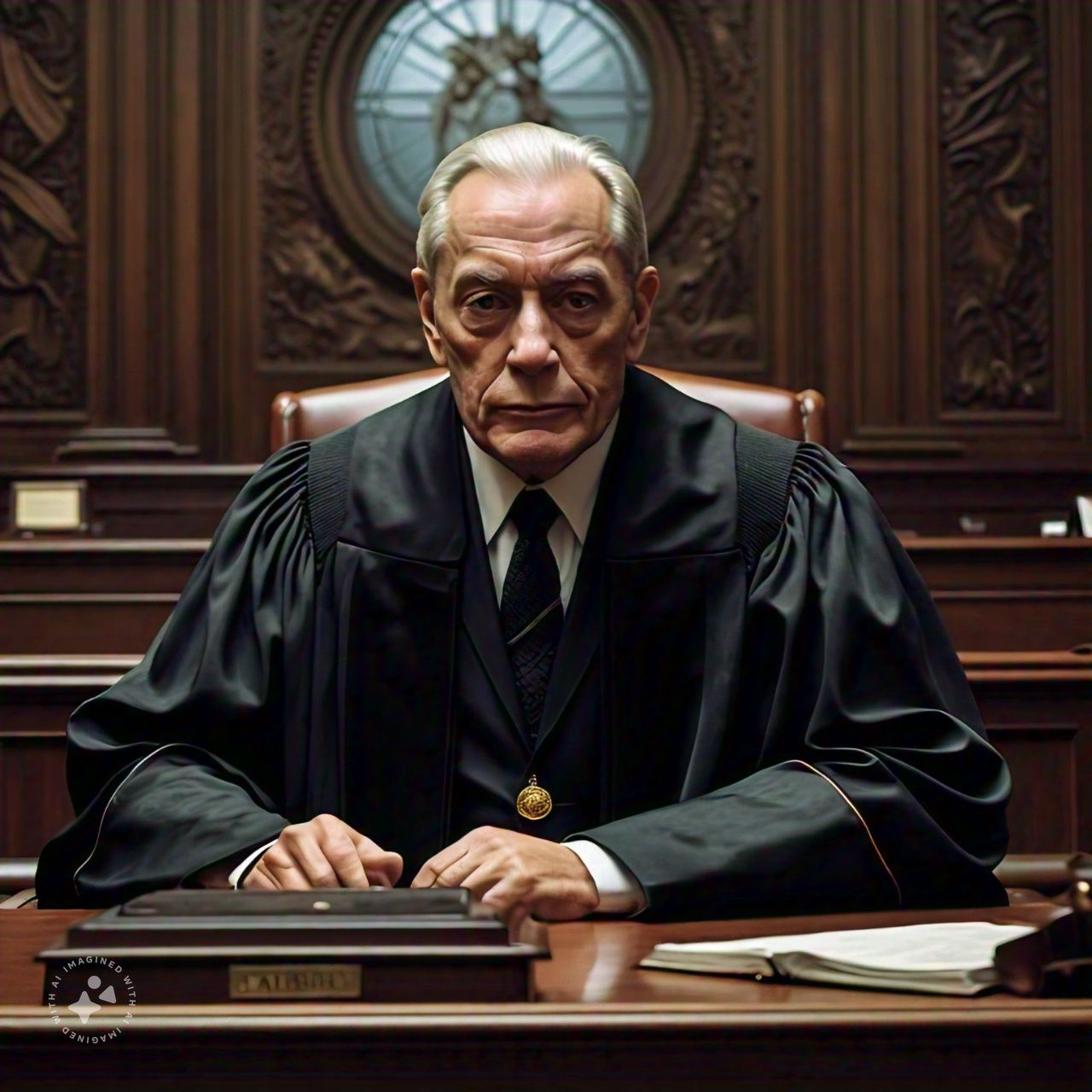
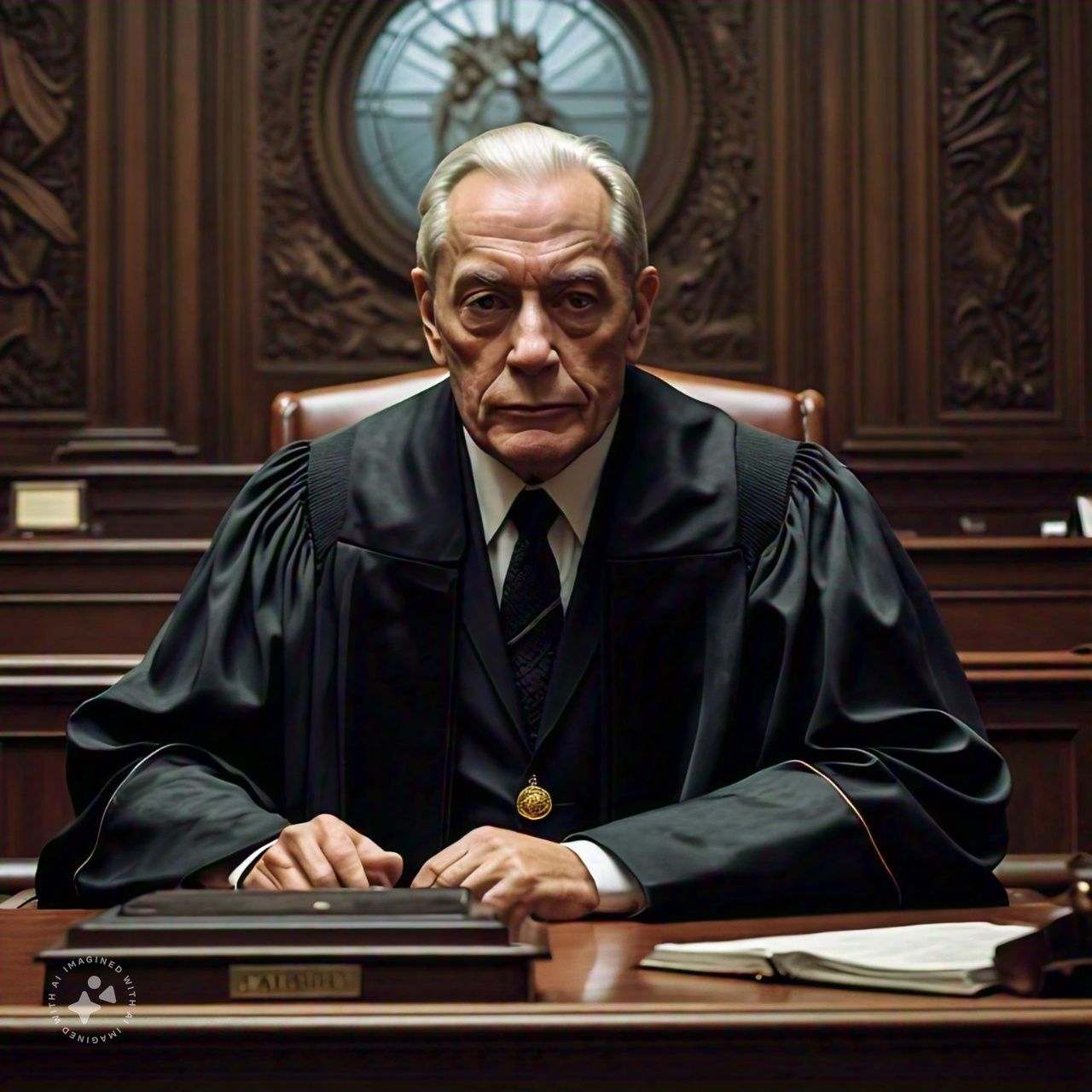
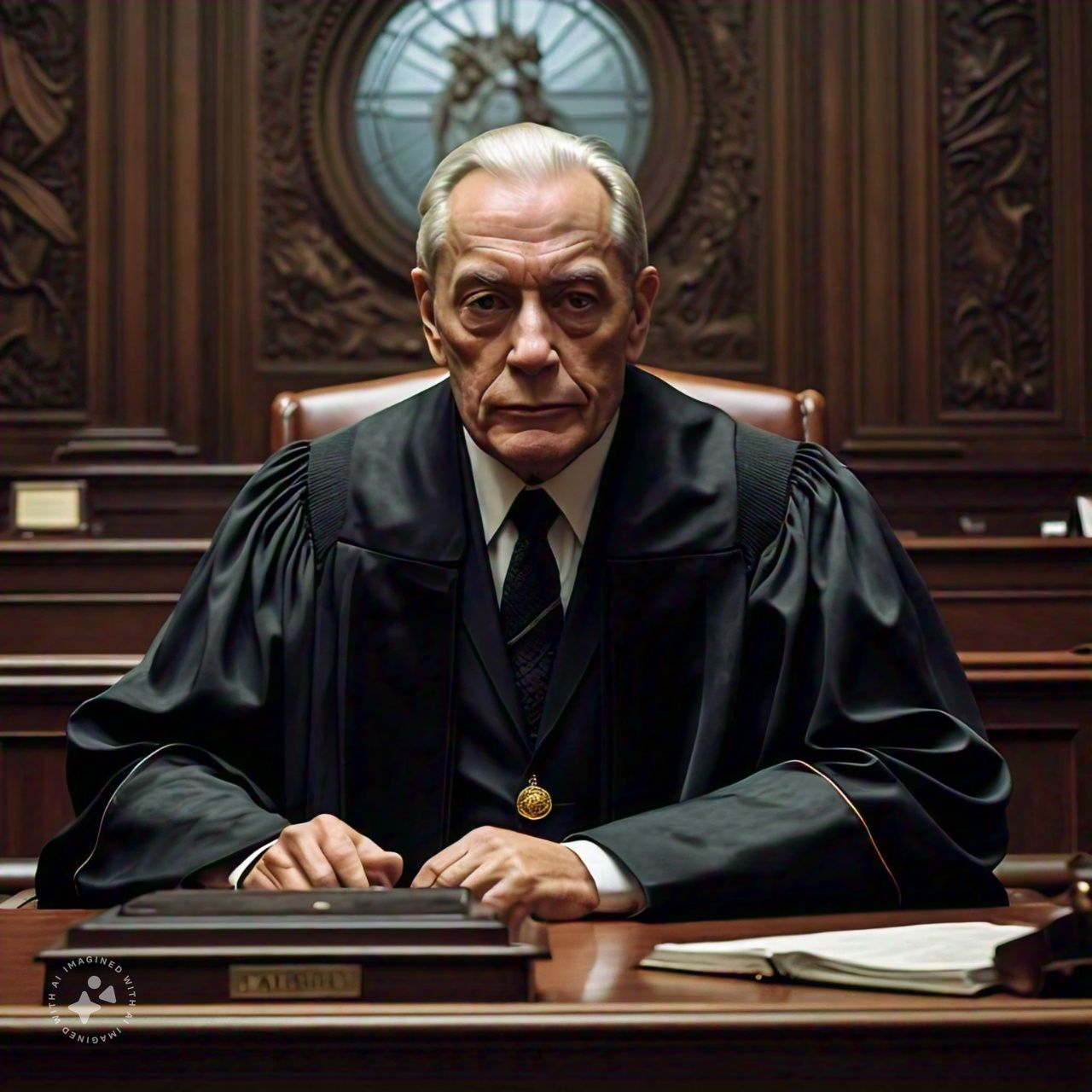
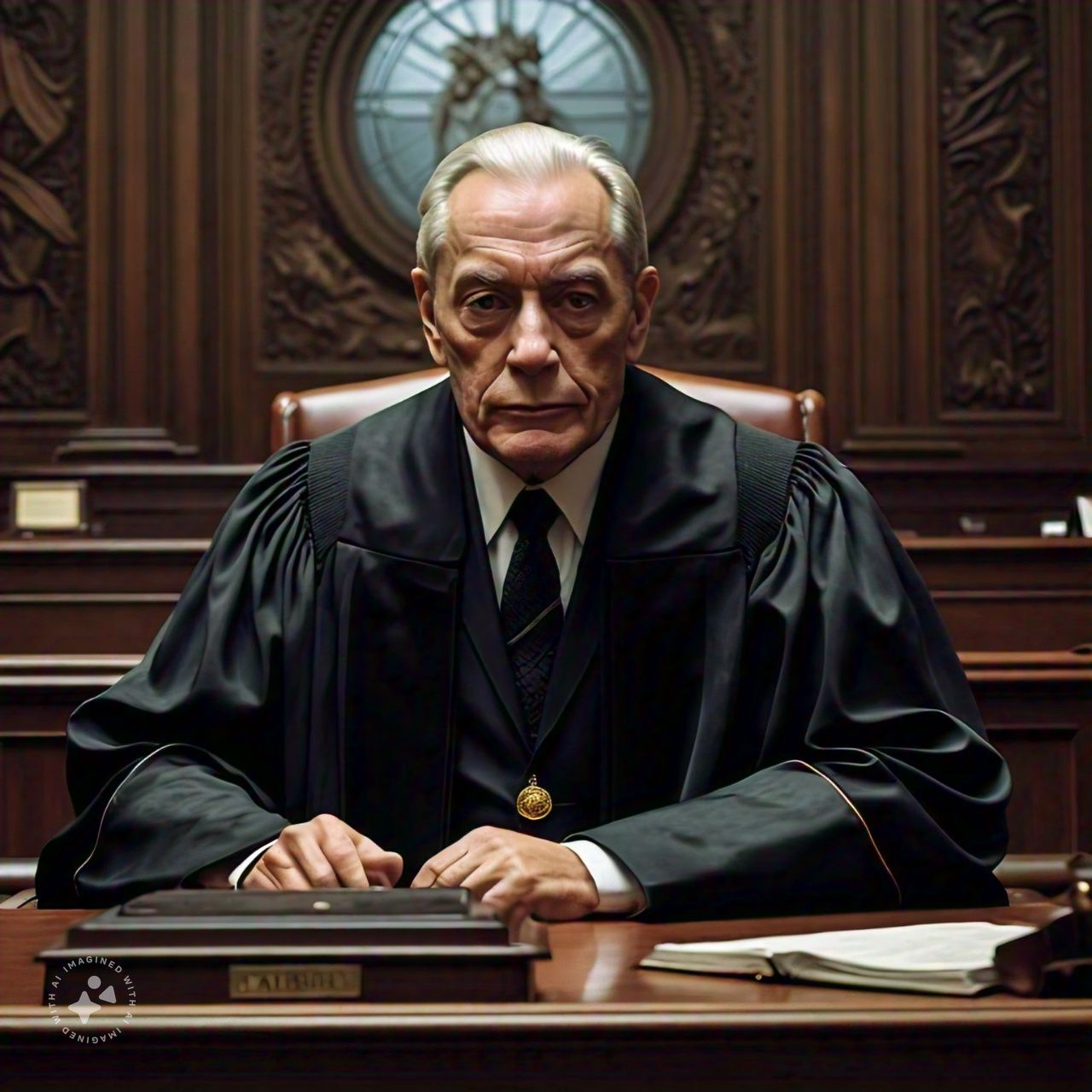
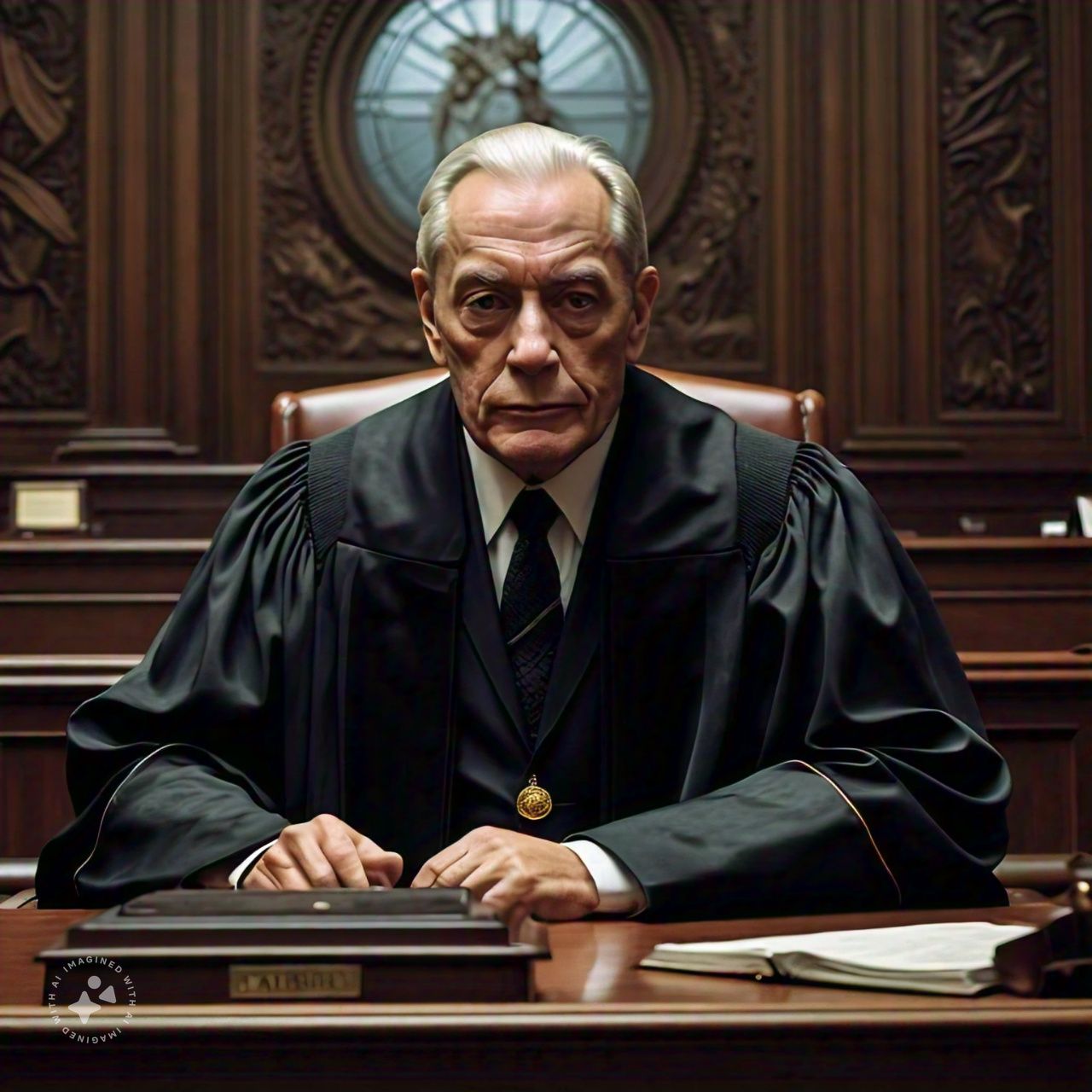
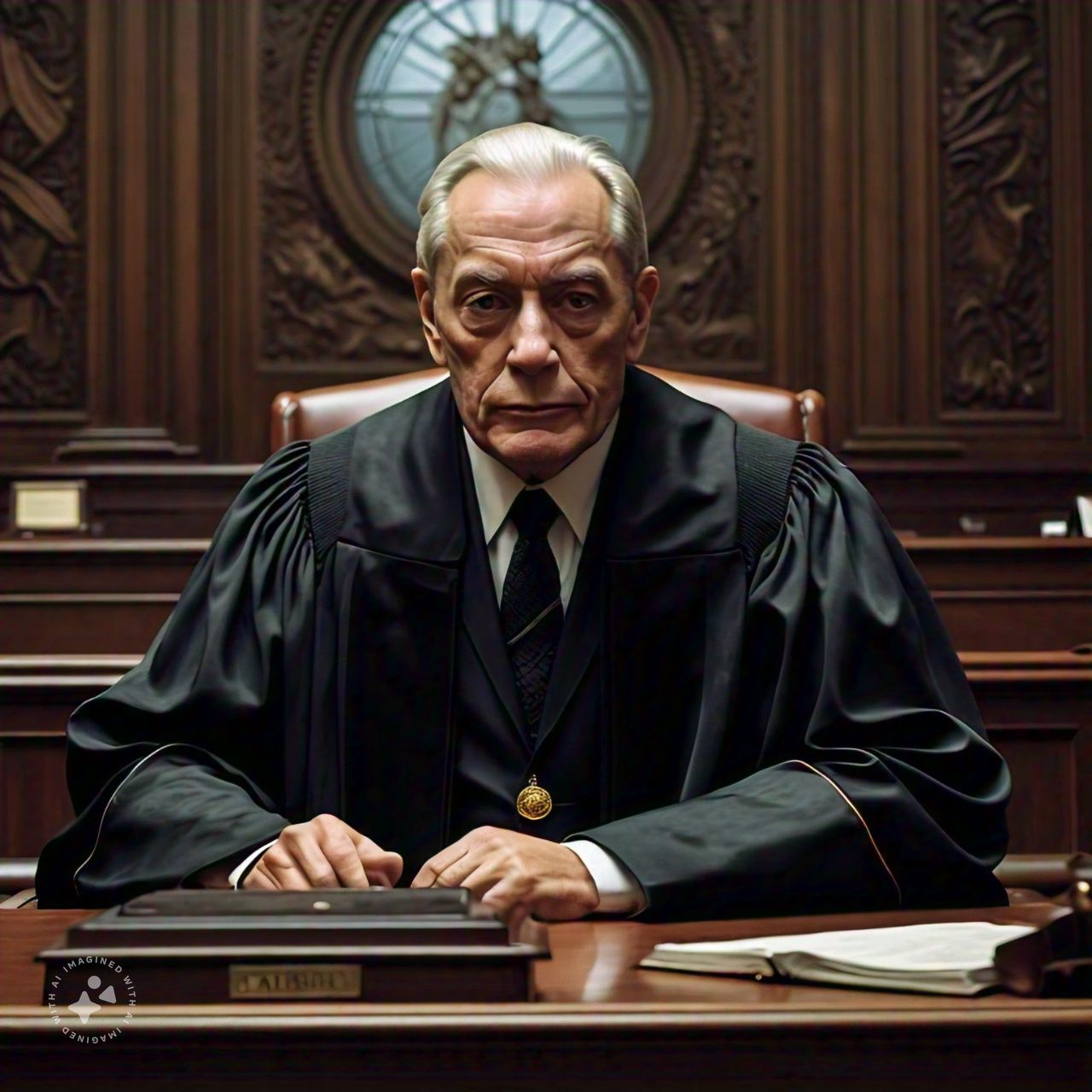
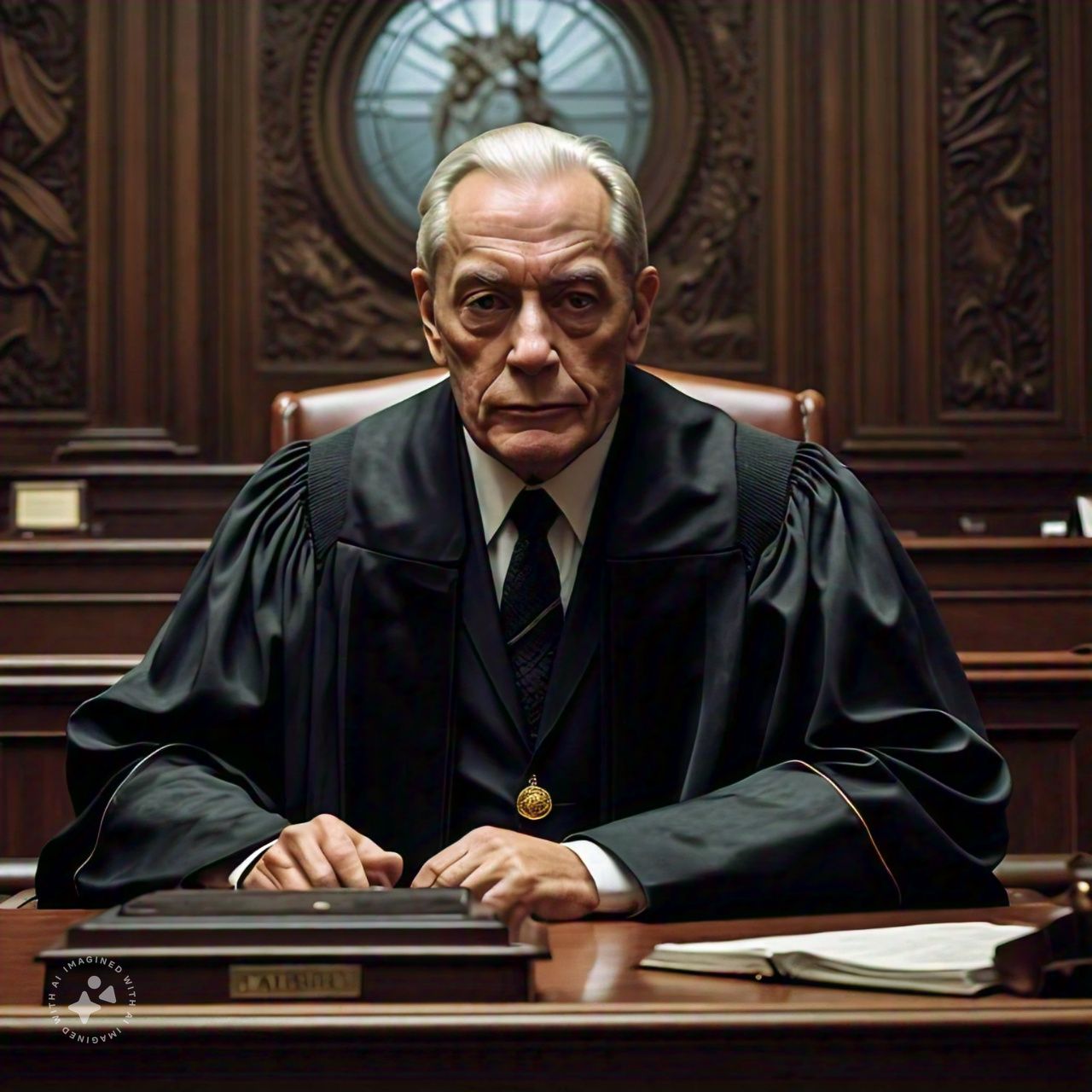
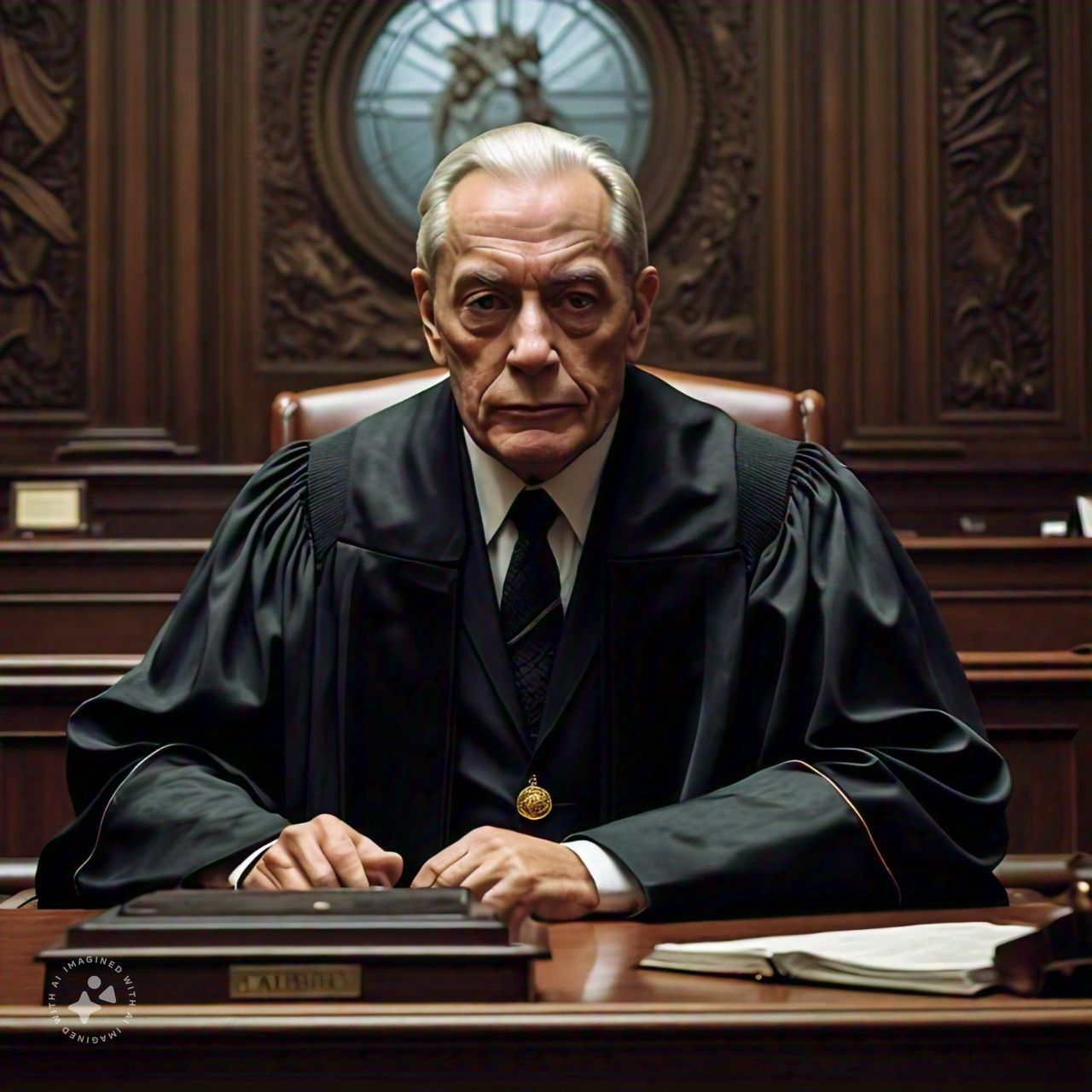
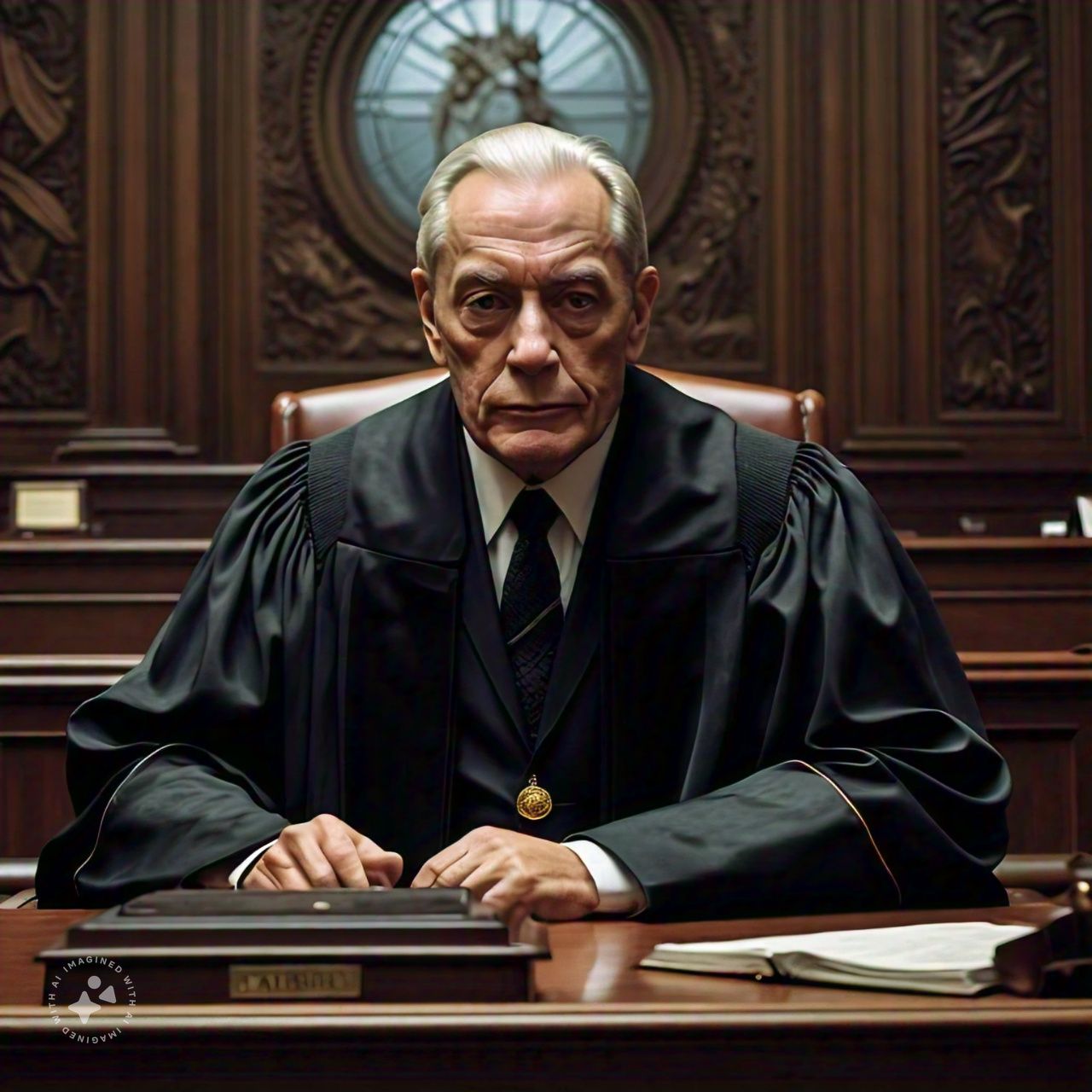
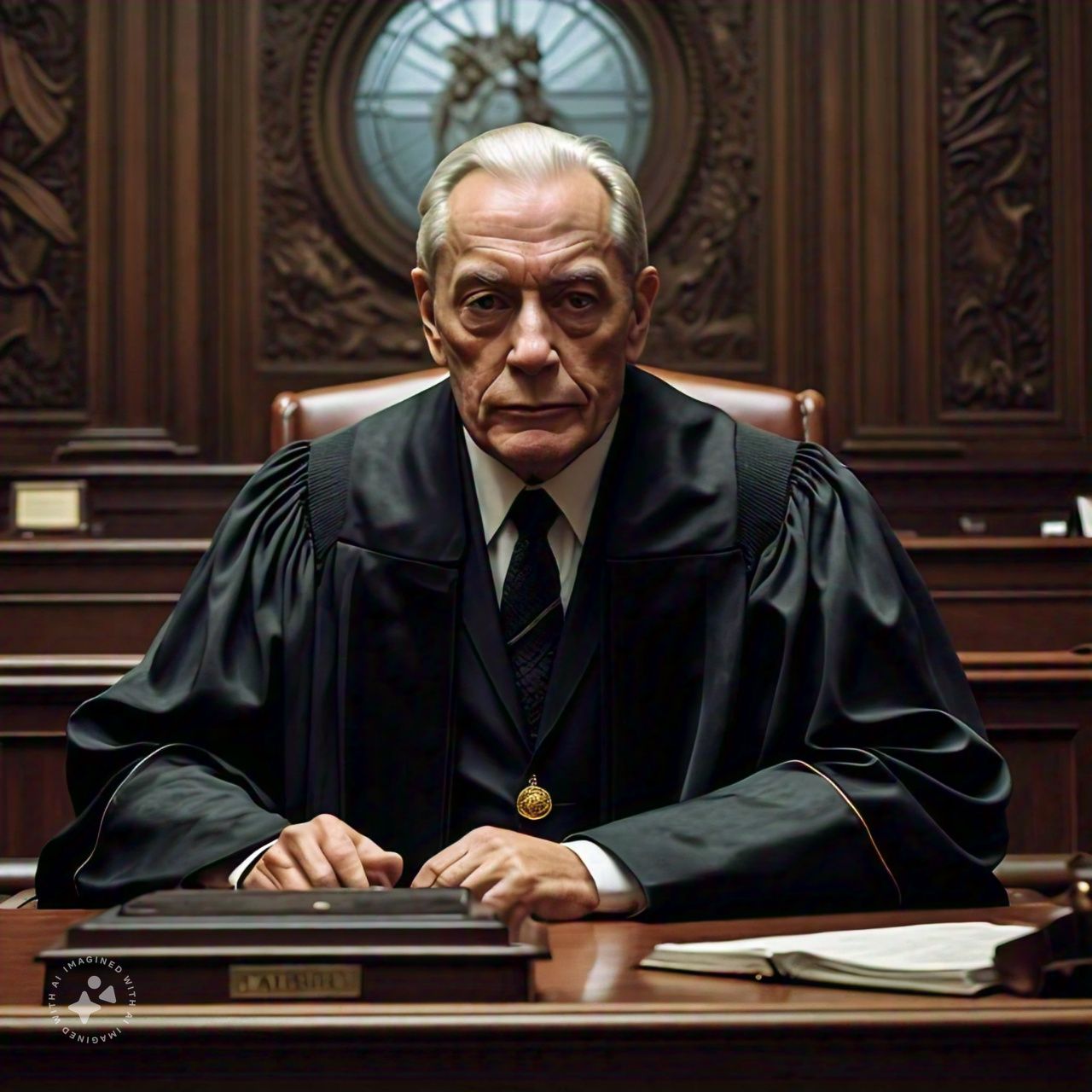
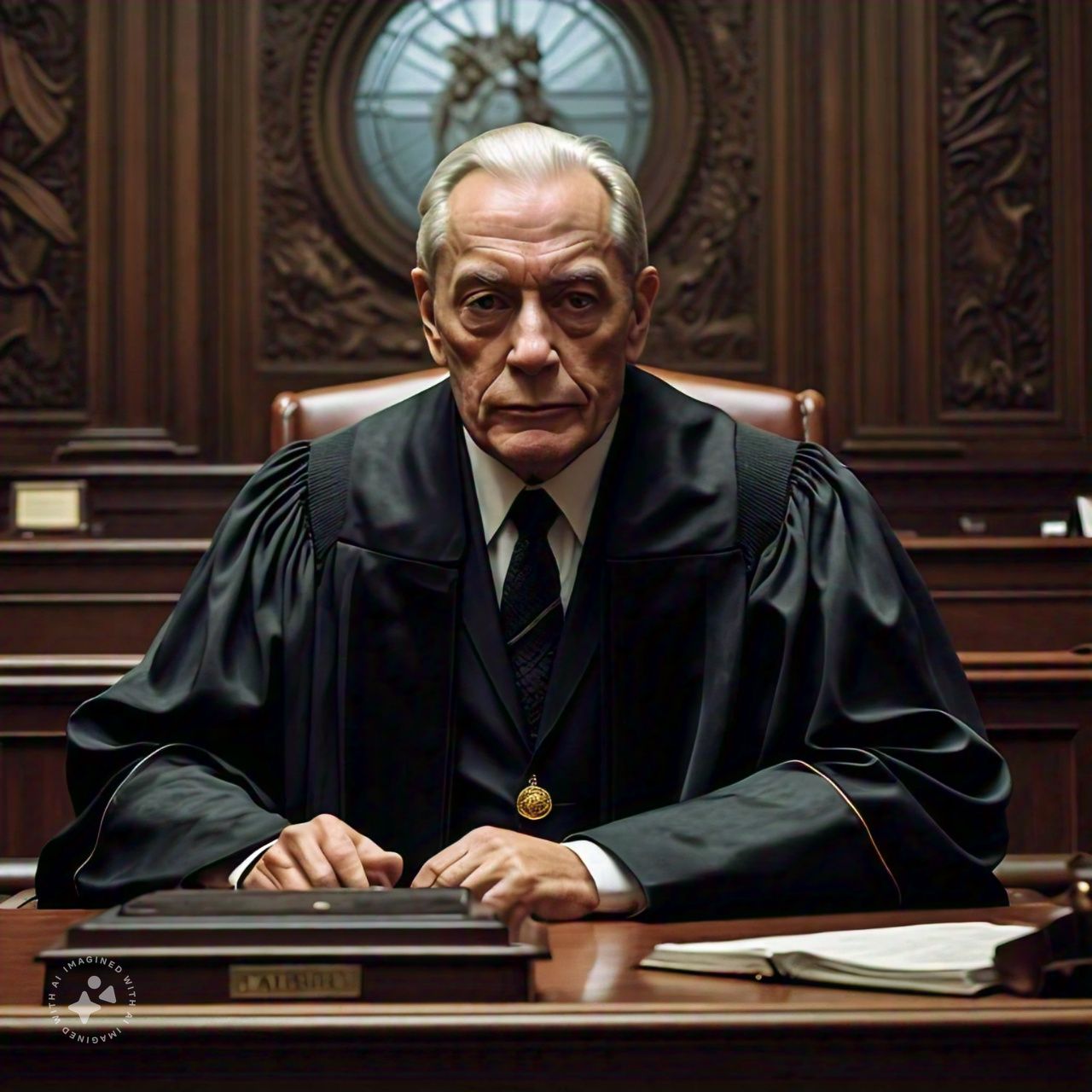
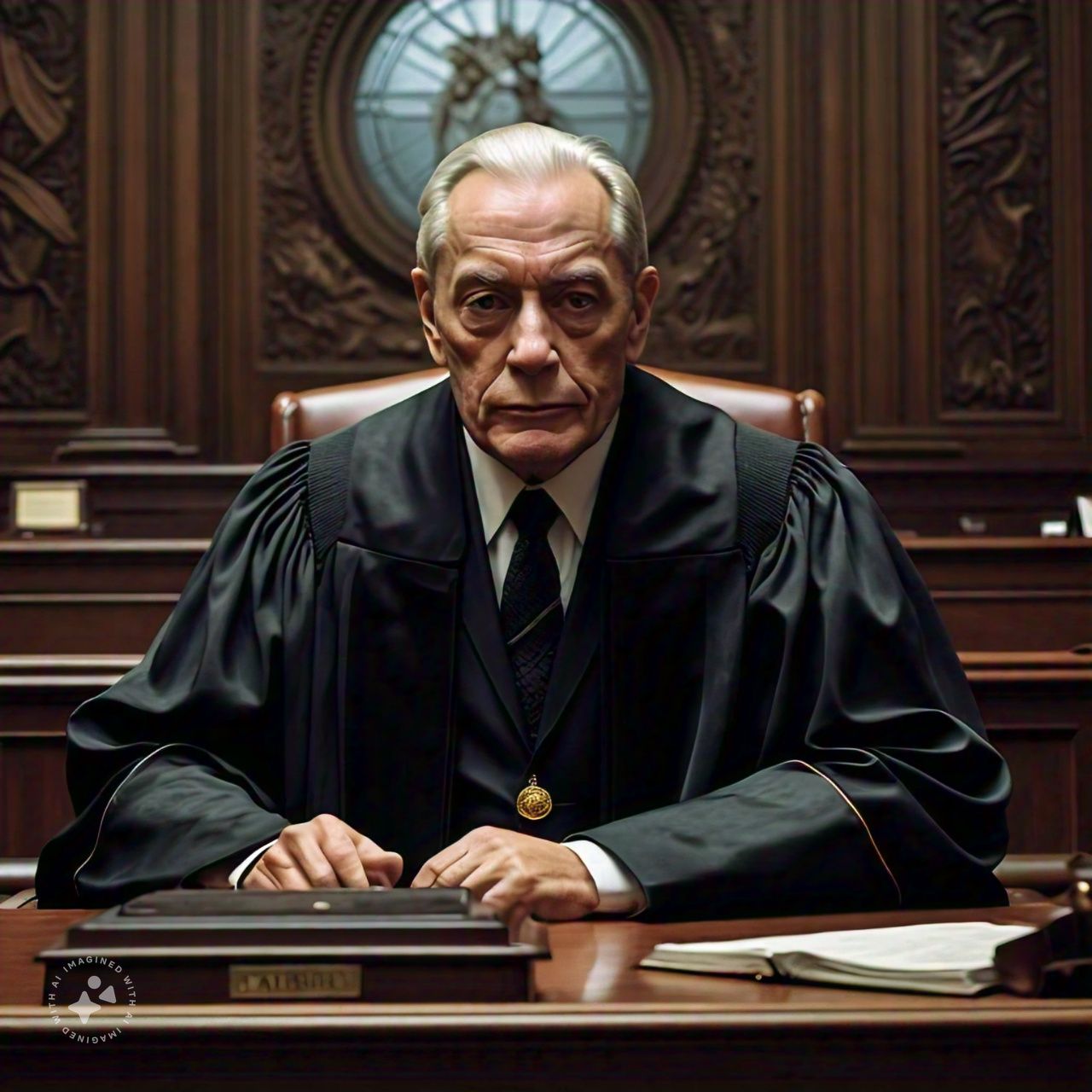
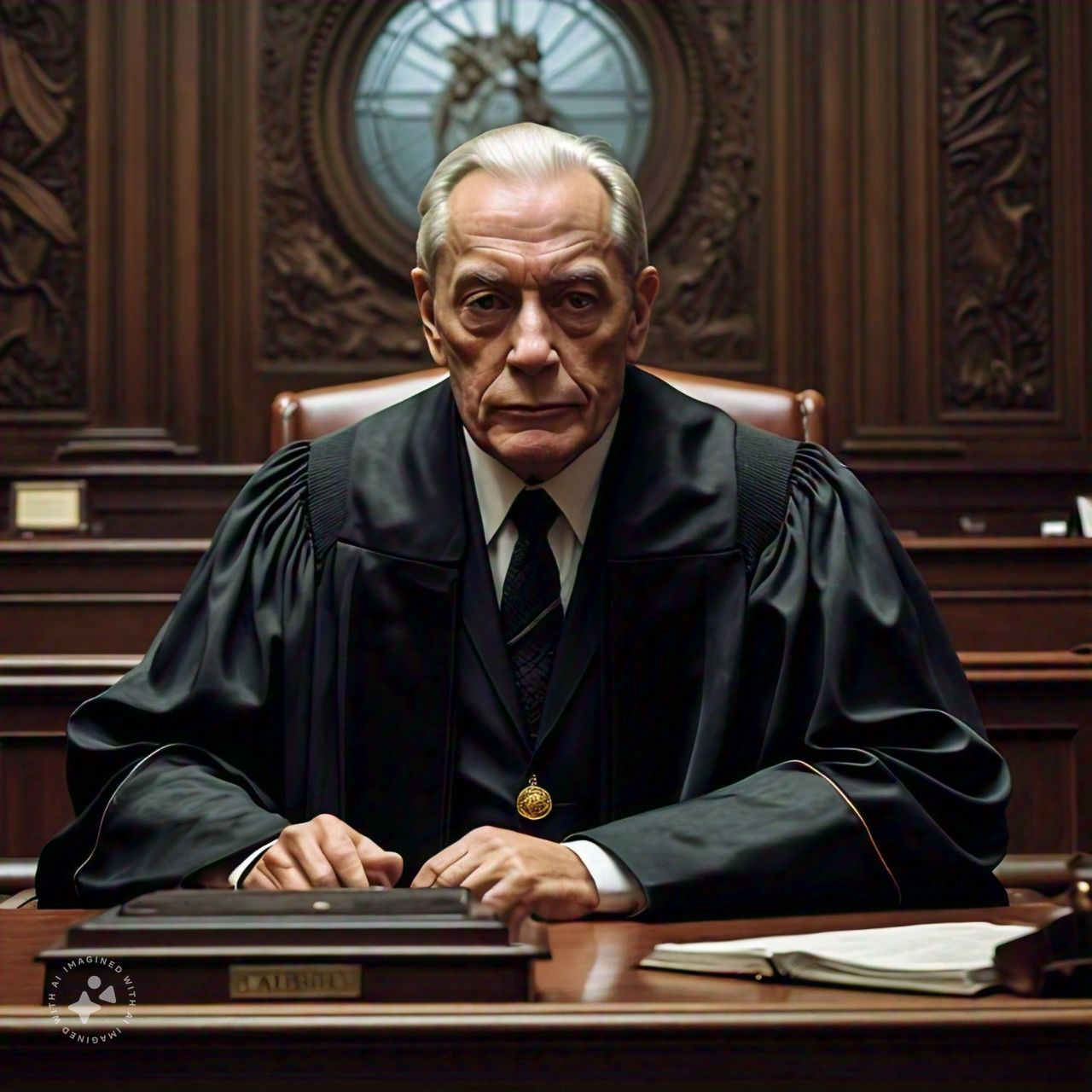
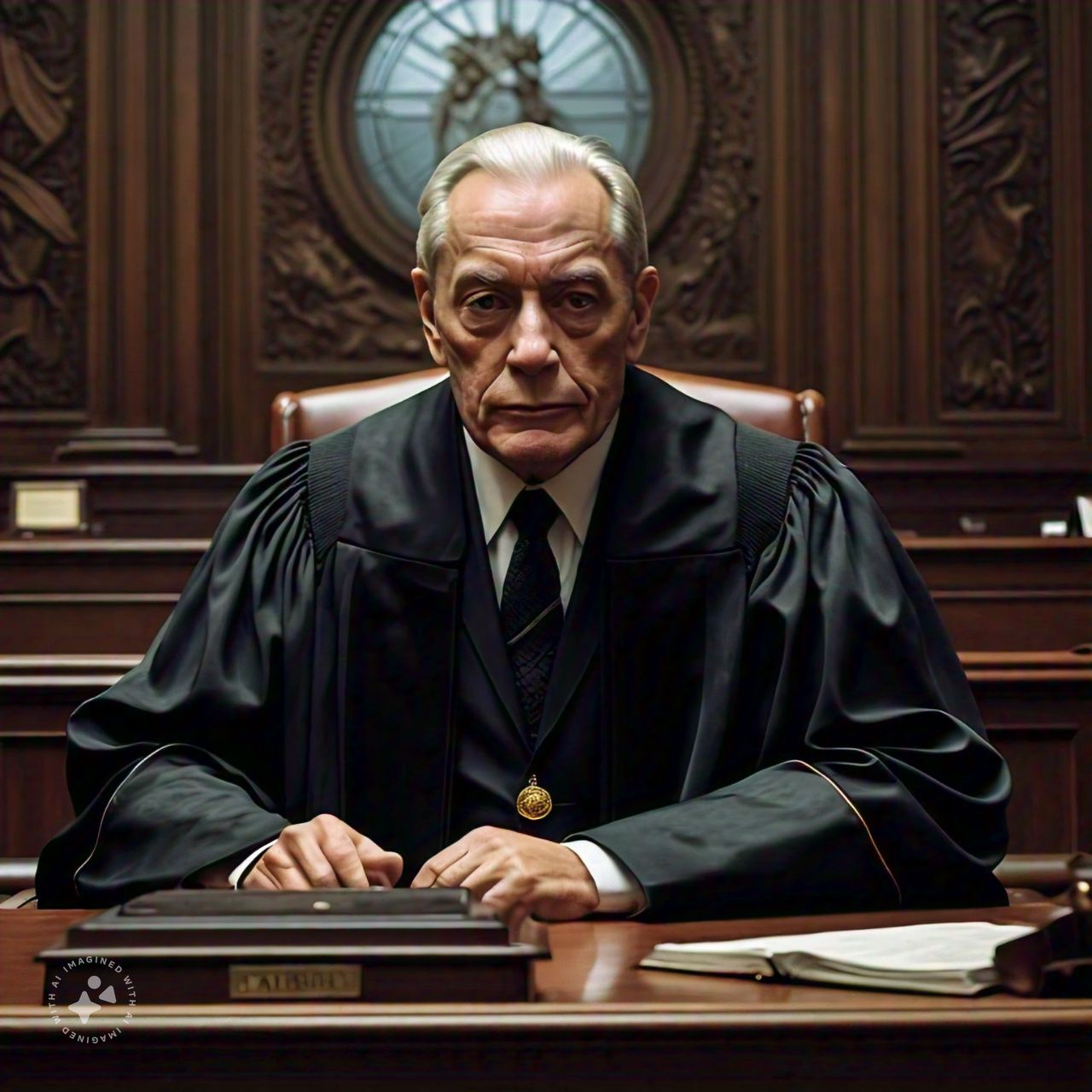
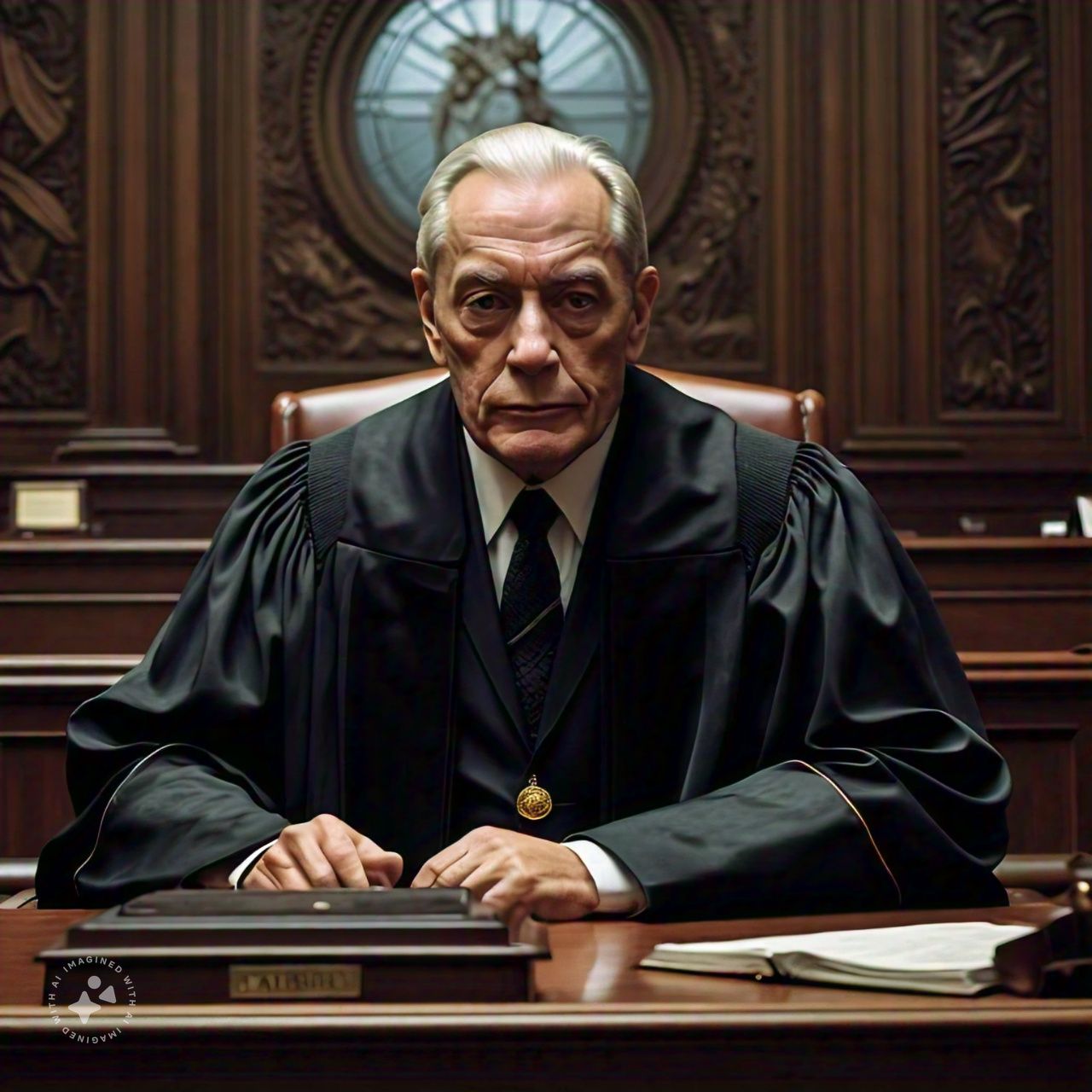
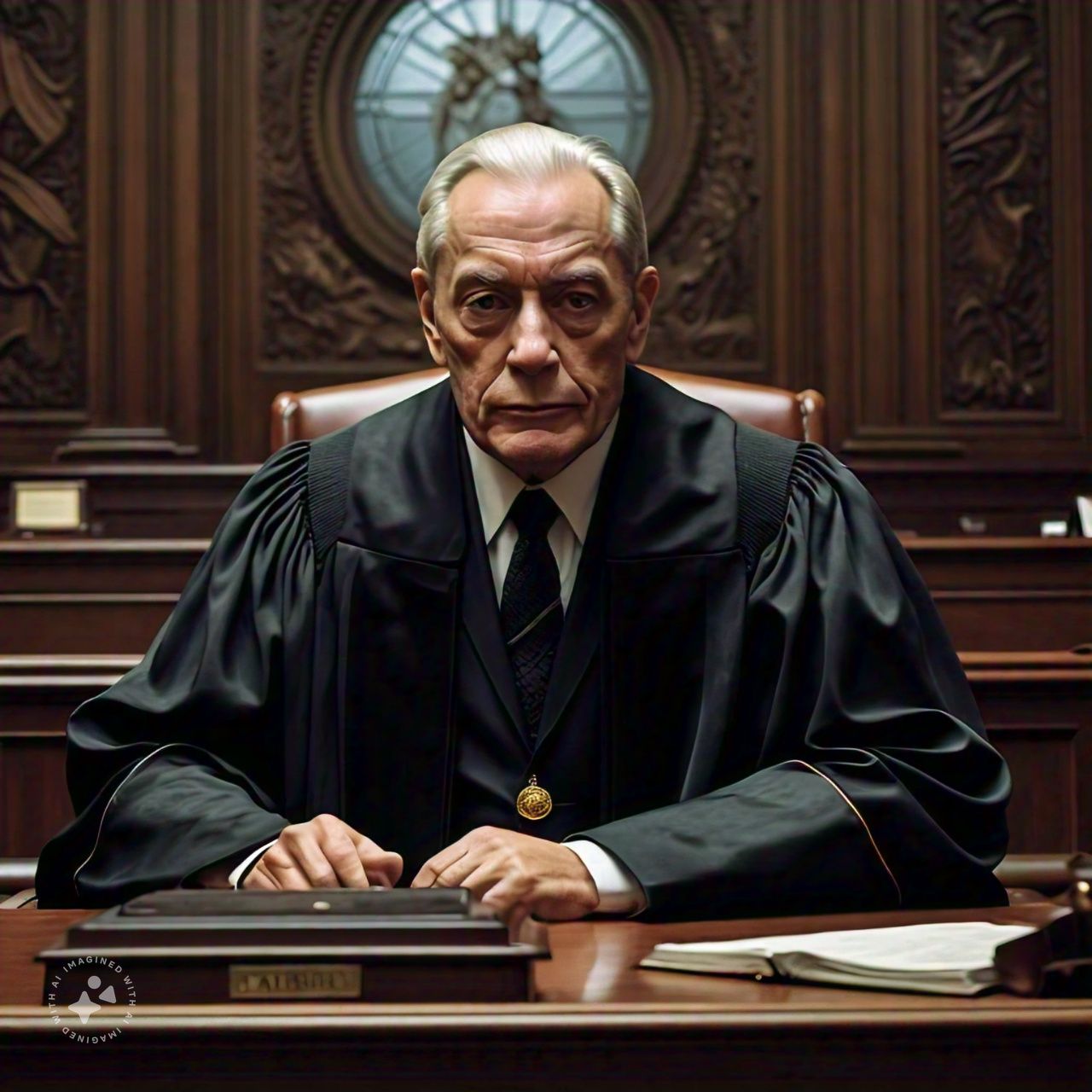
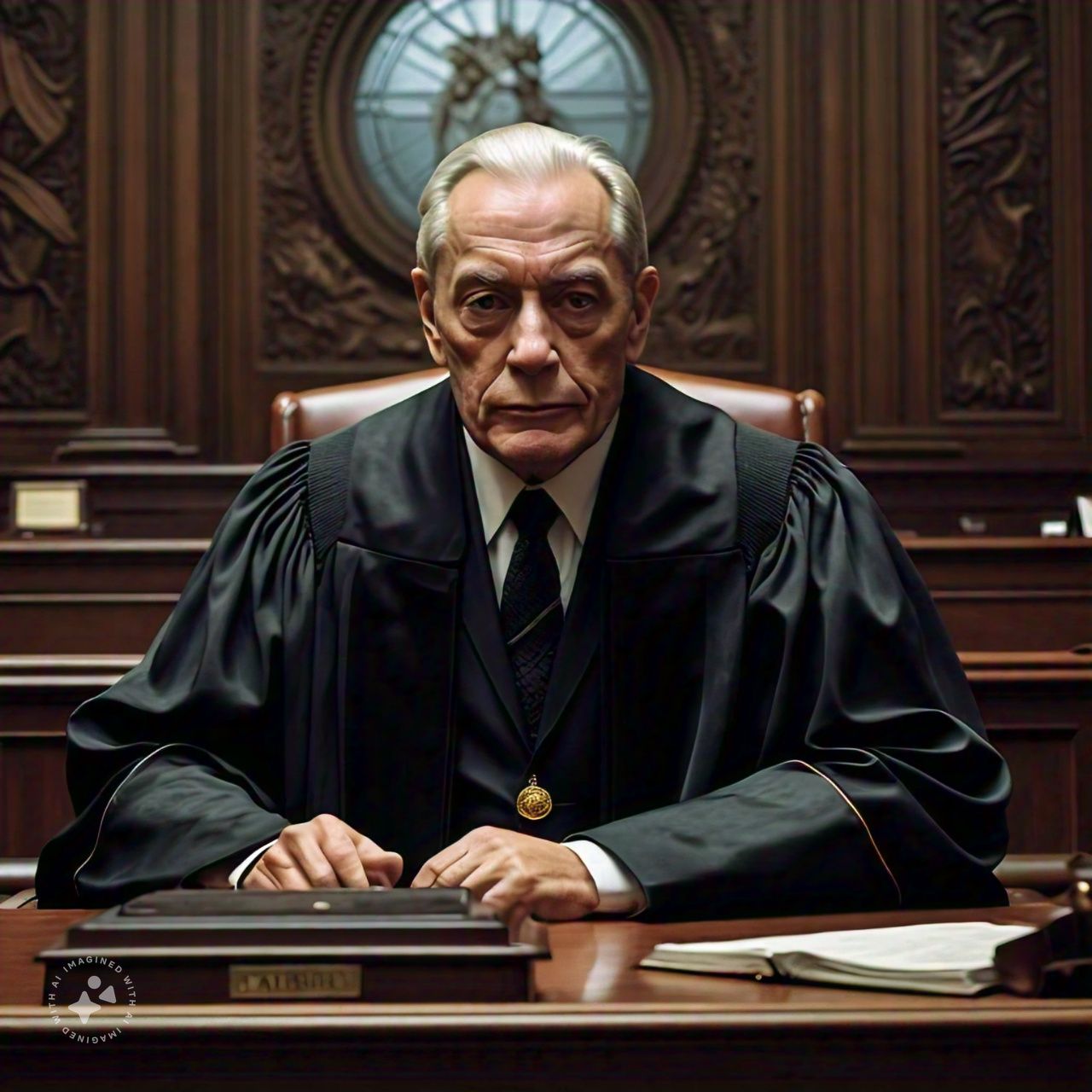


































































































Comment
Nothing for now